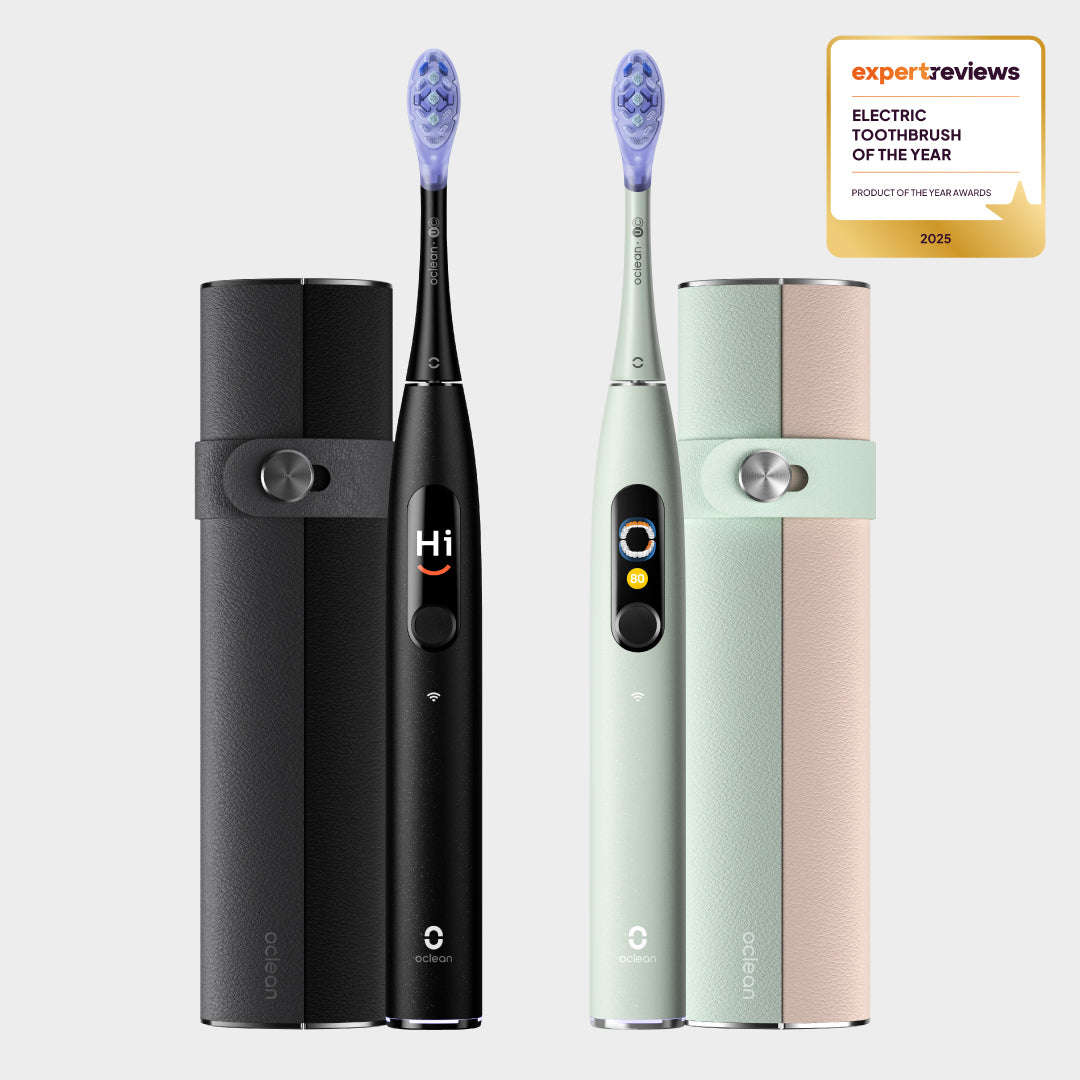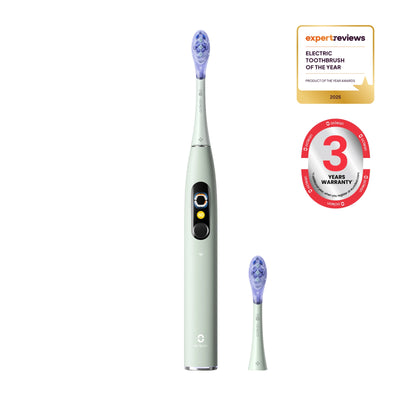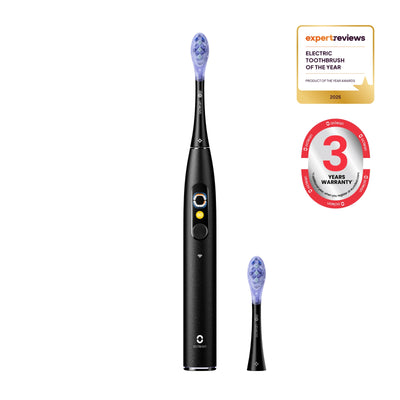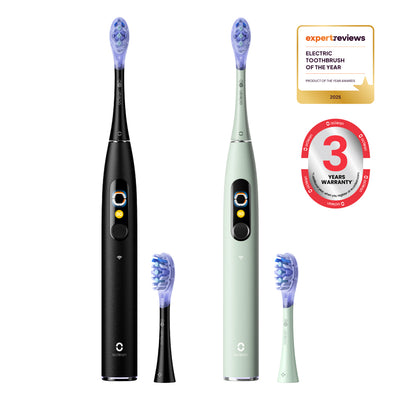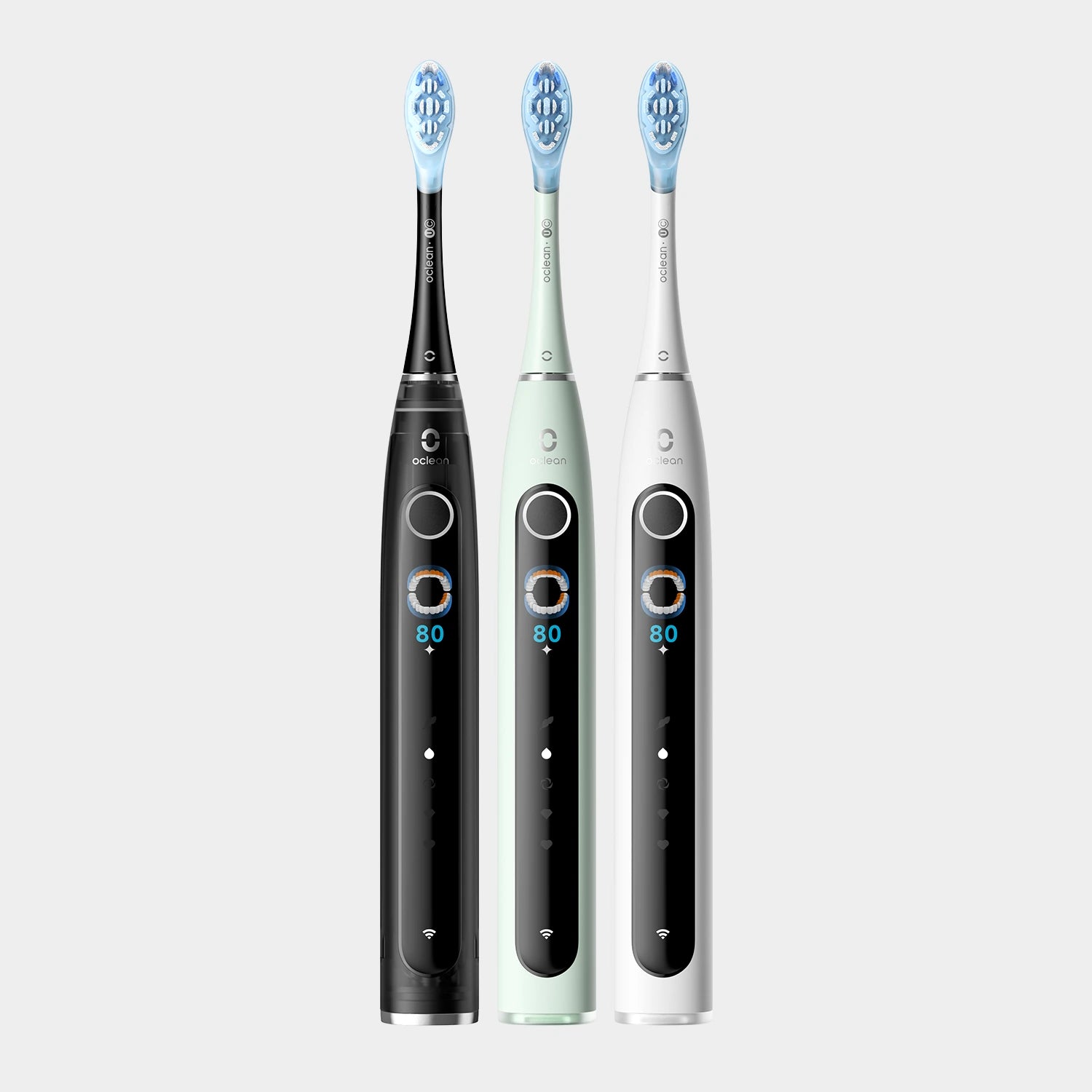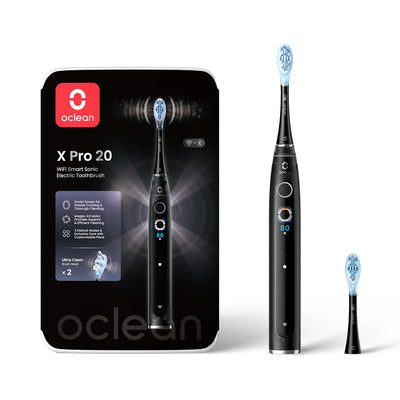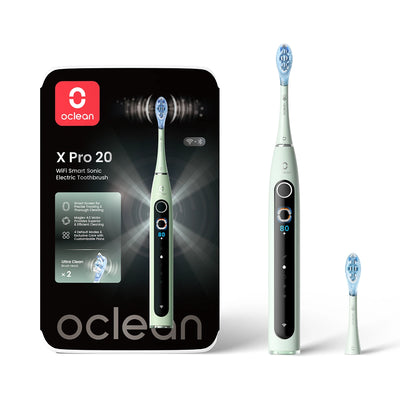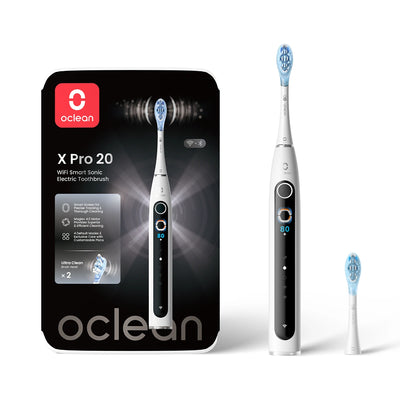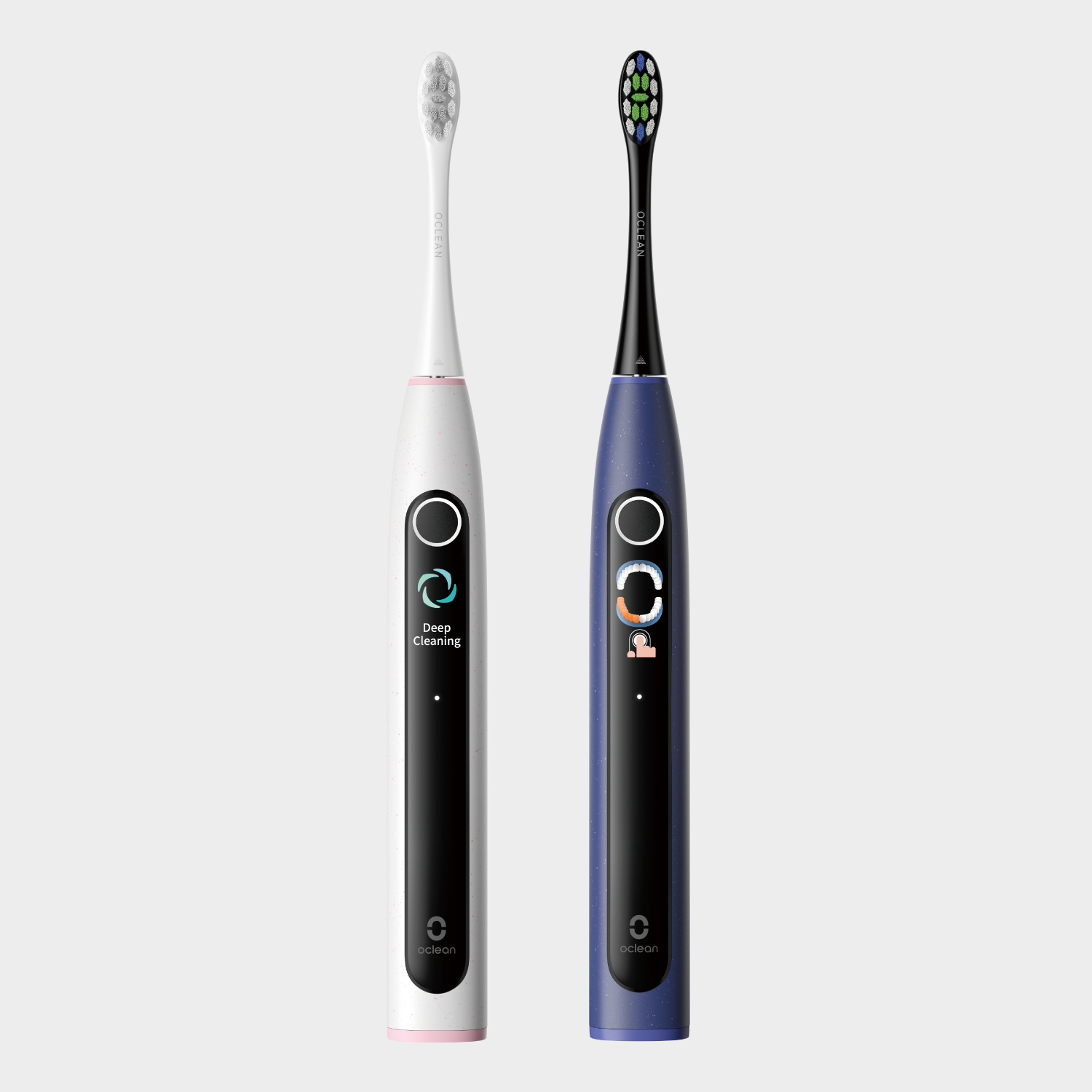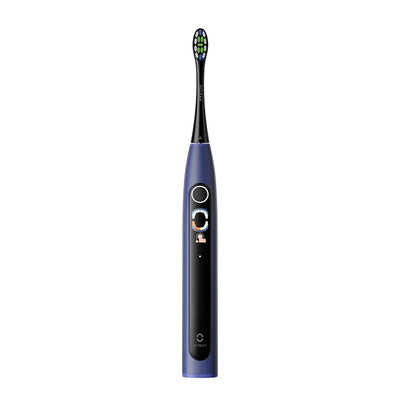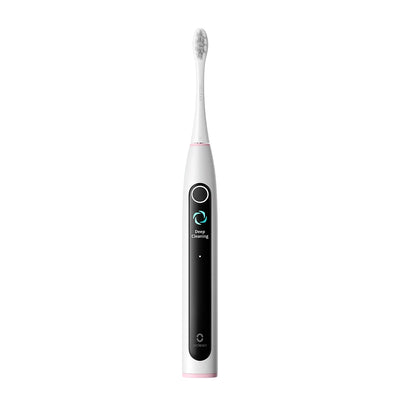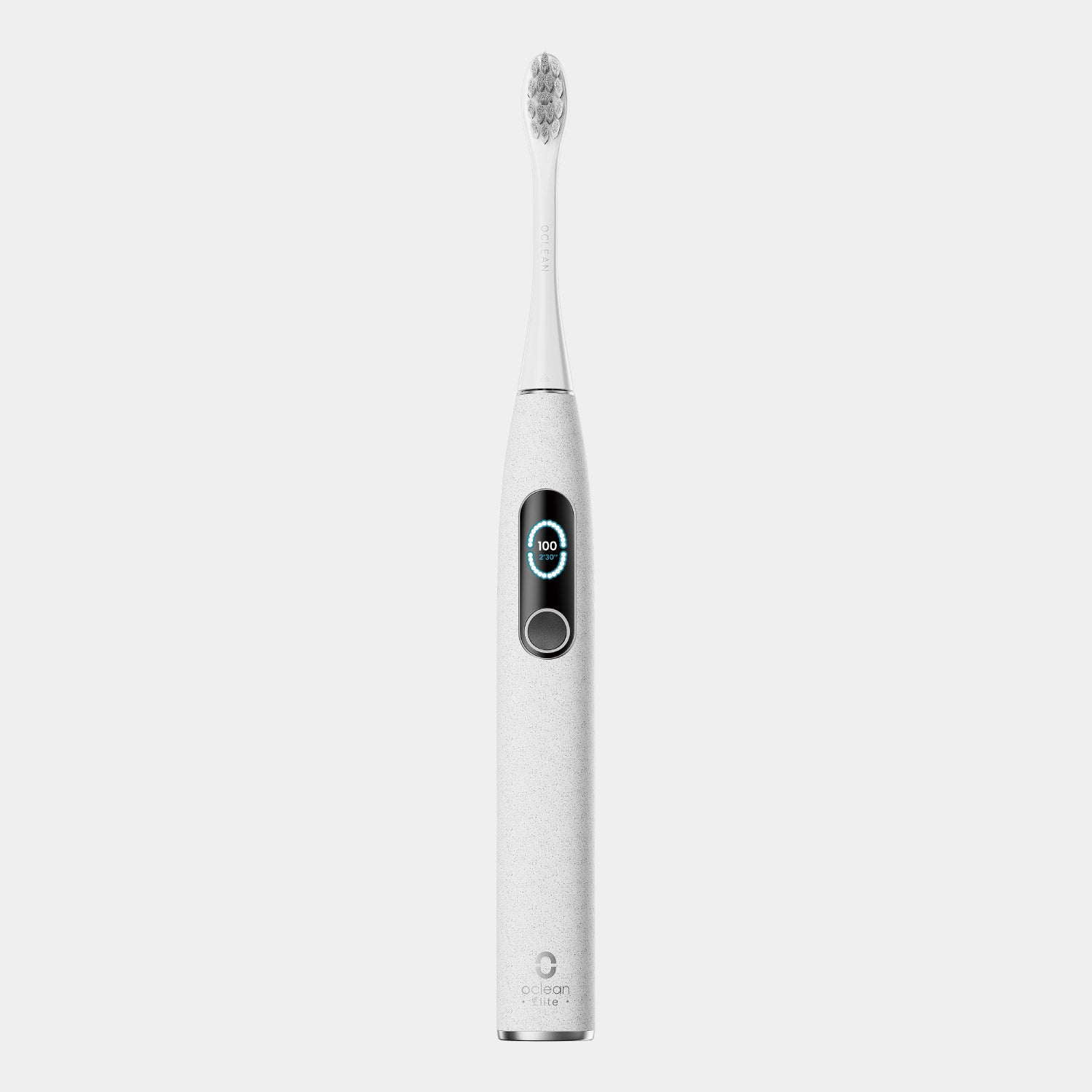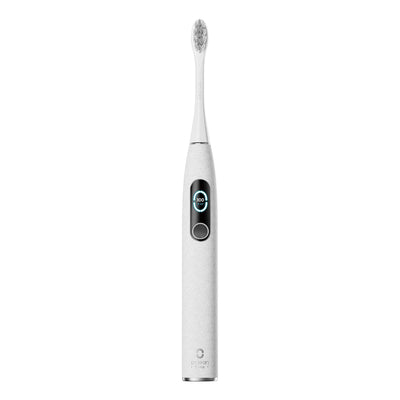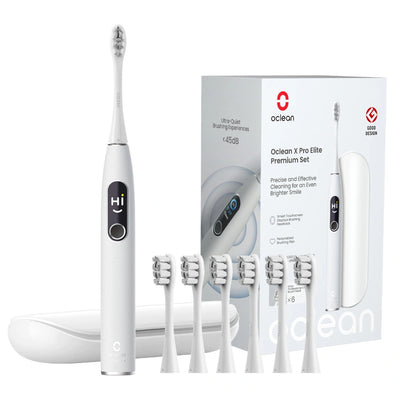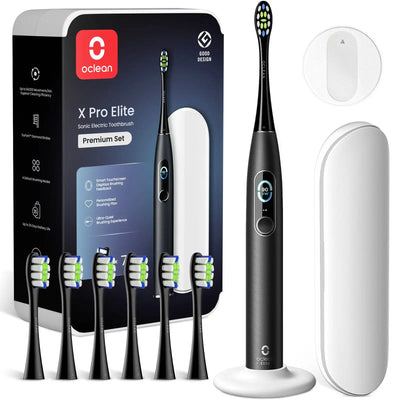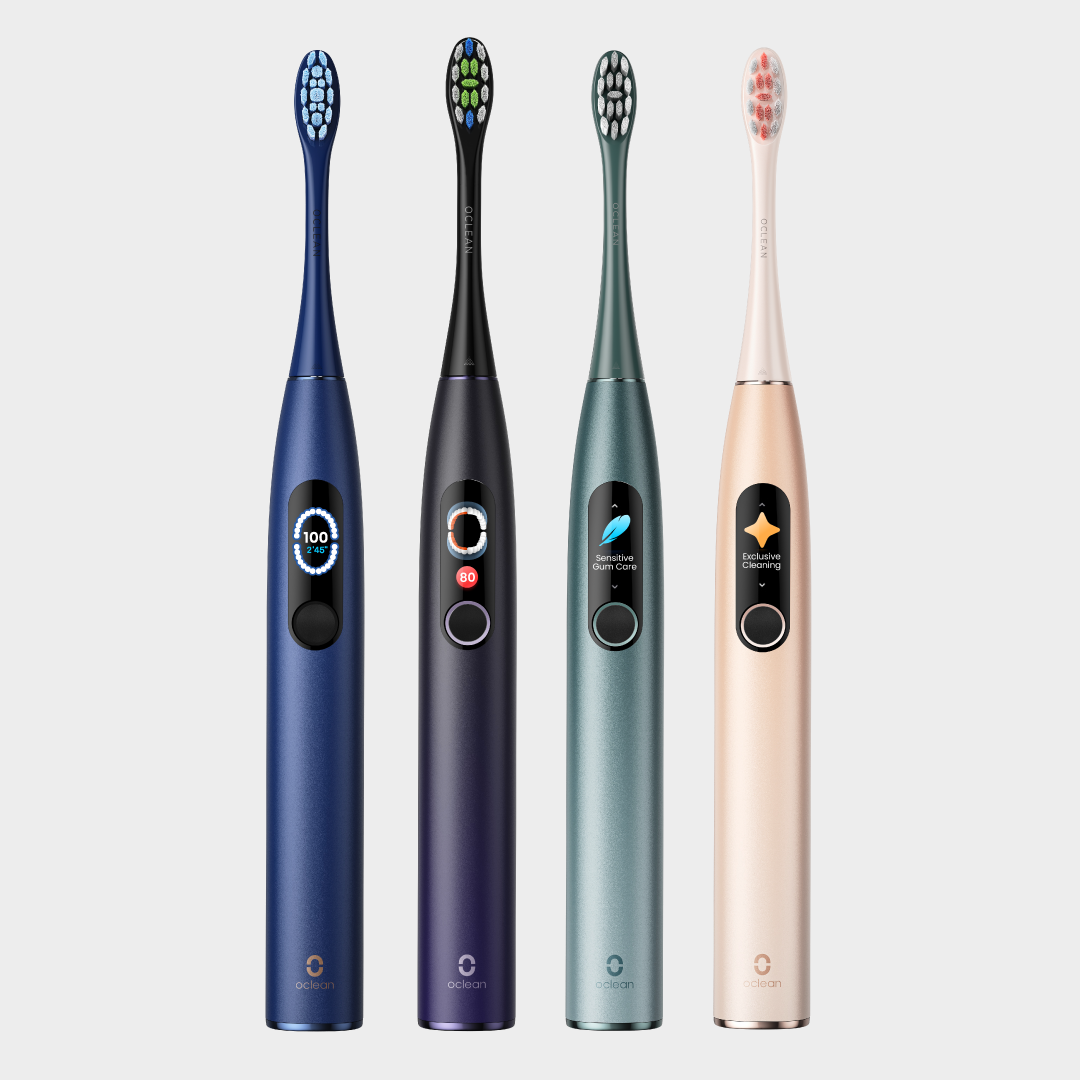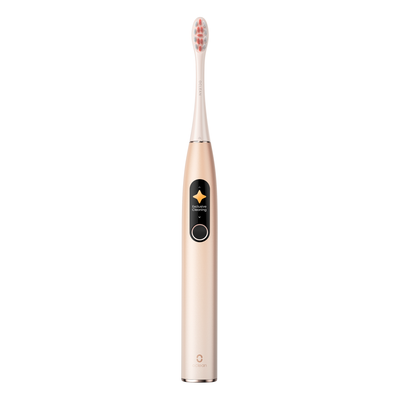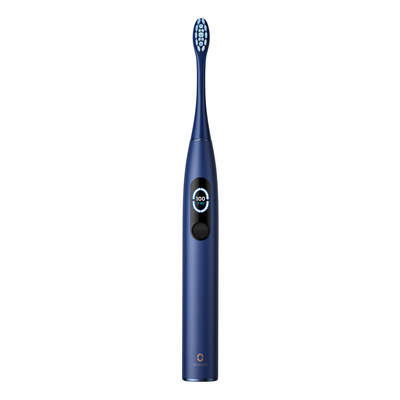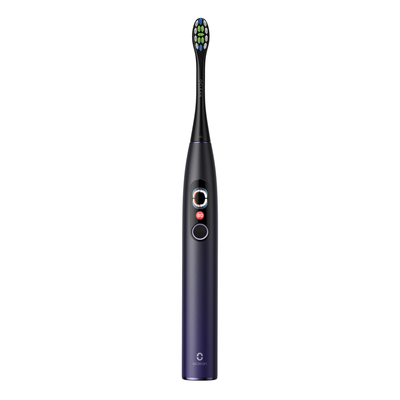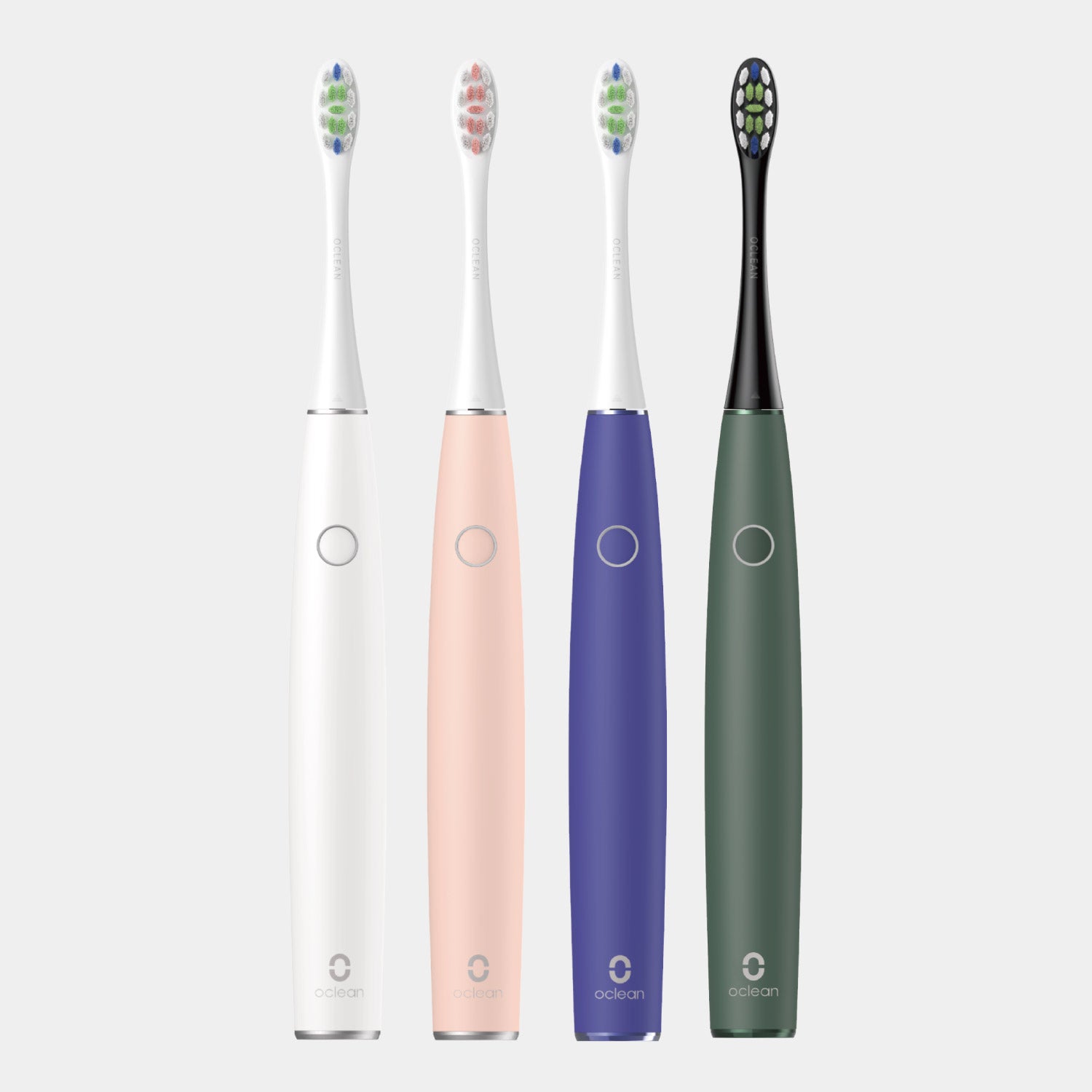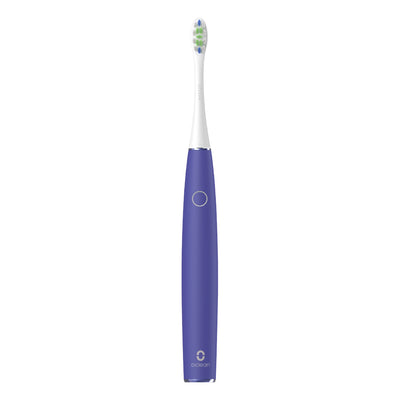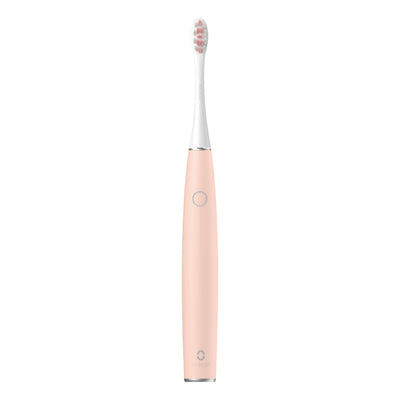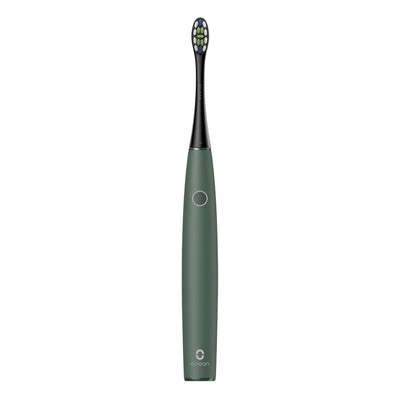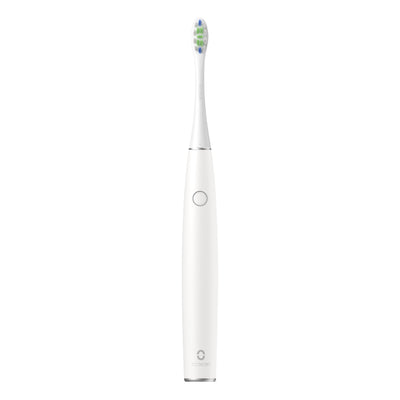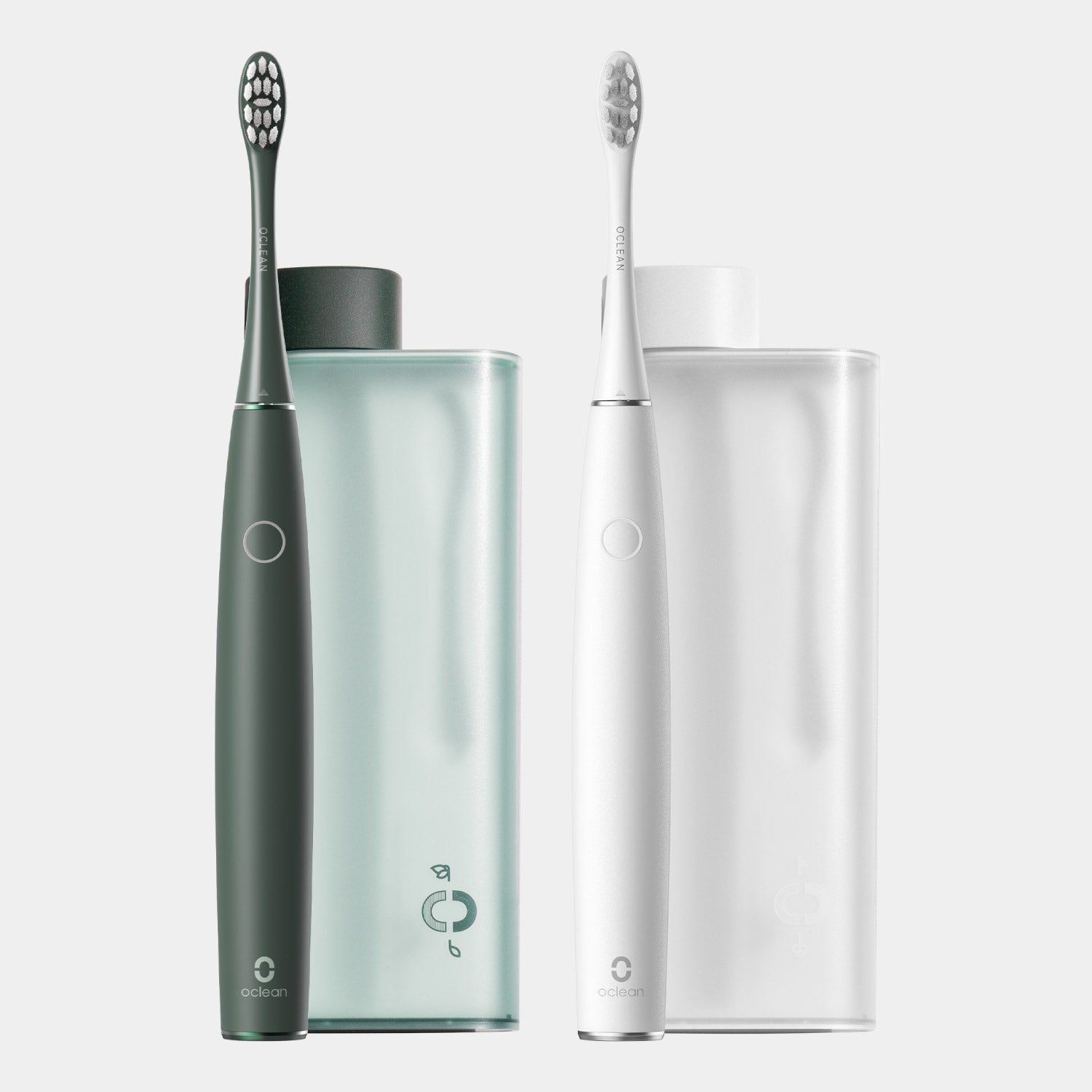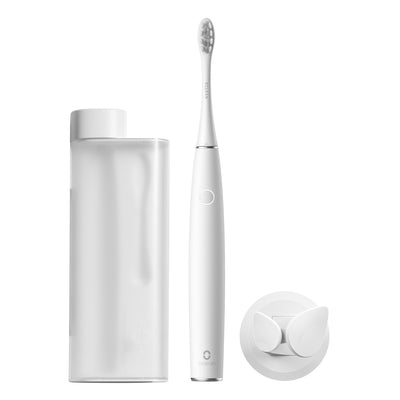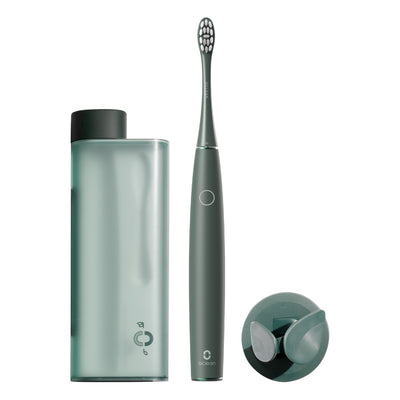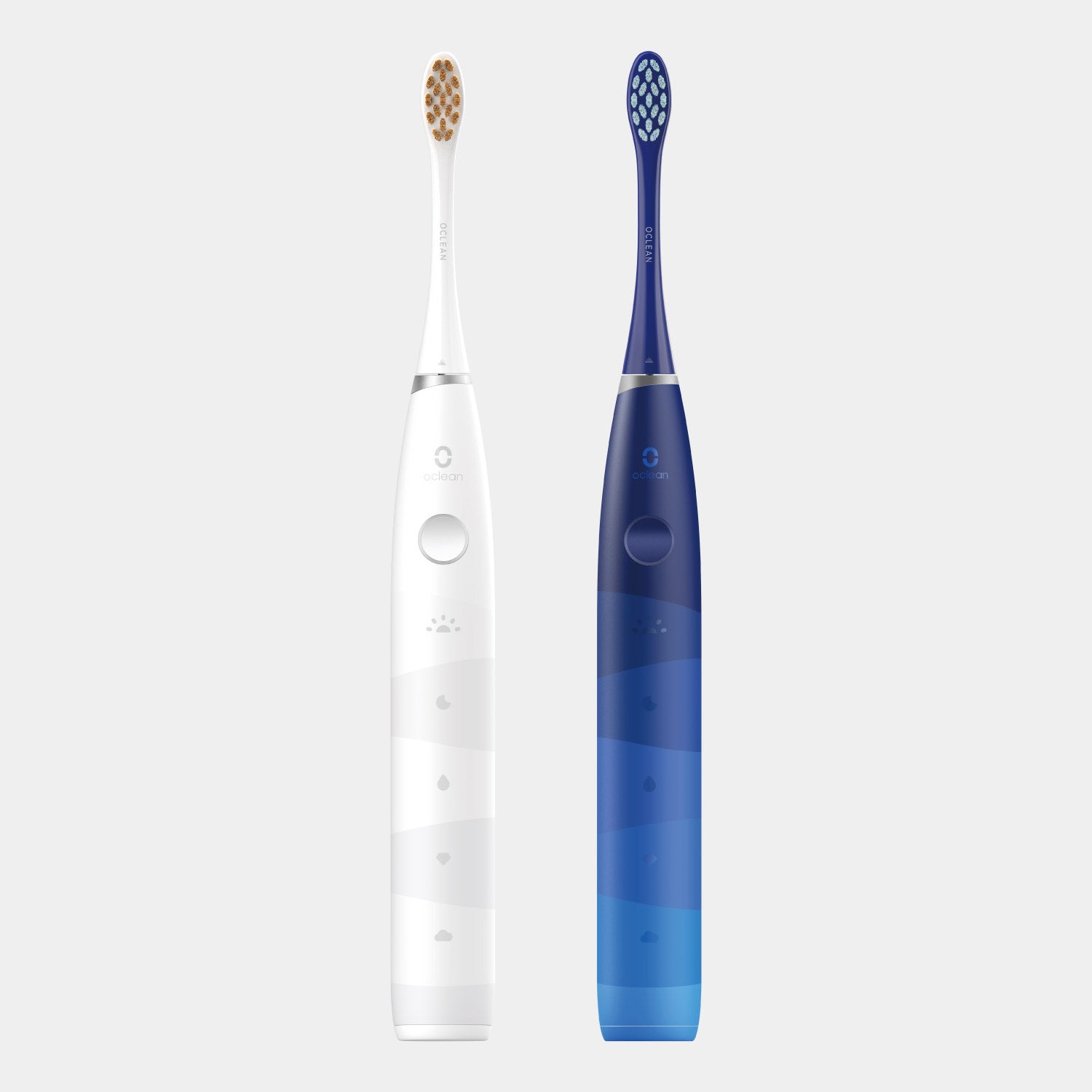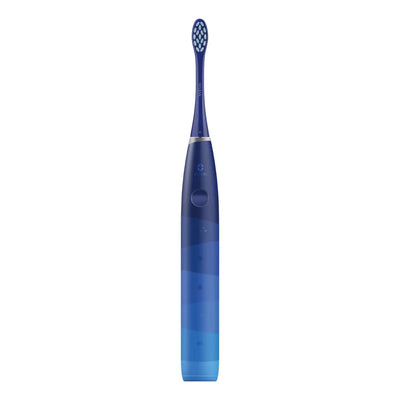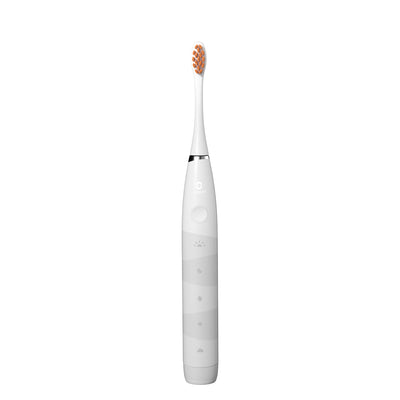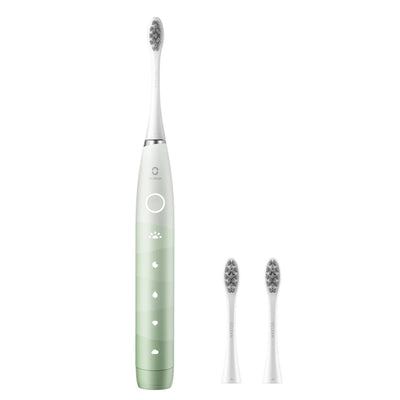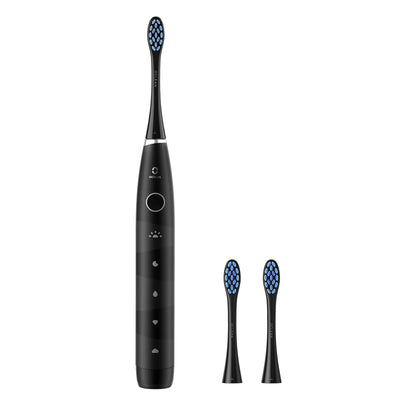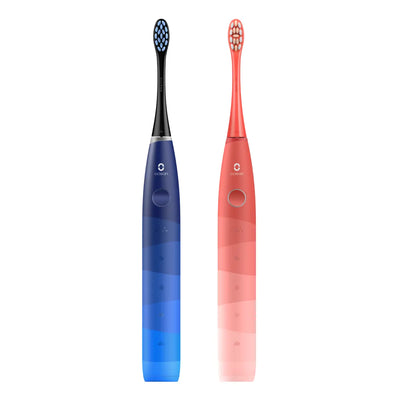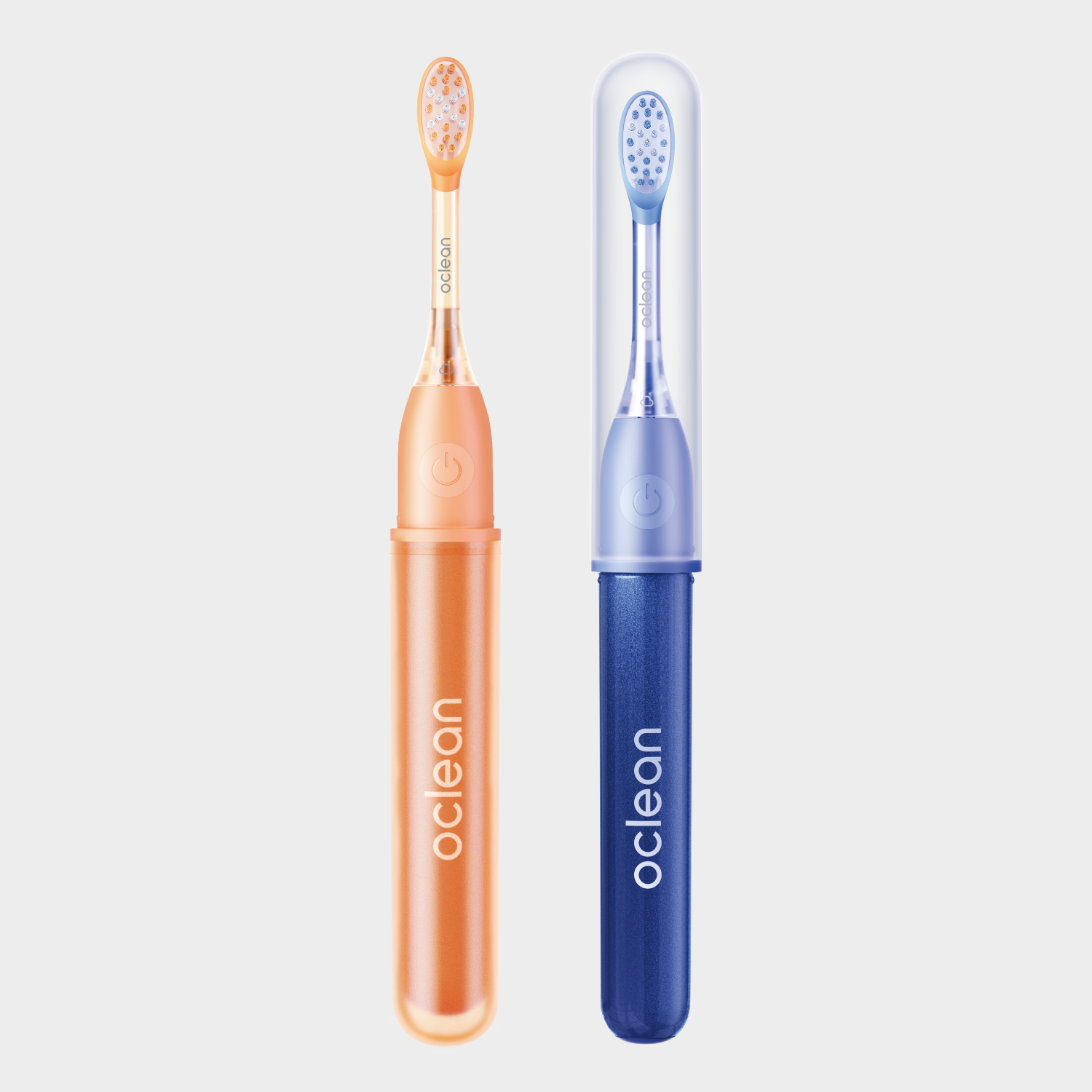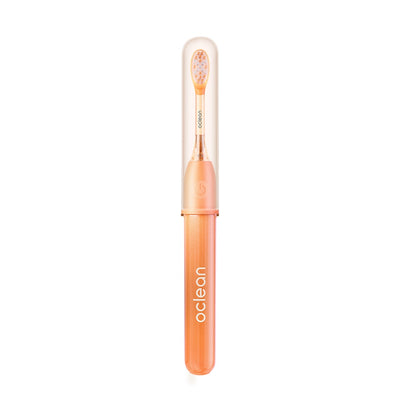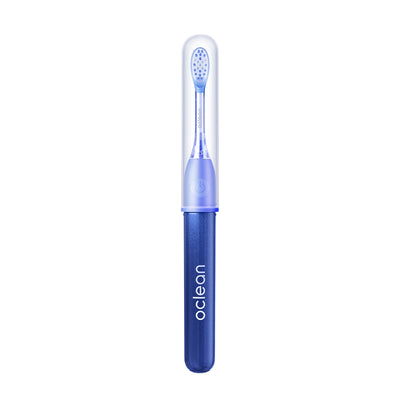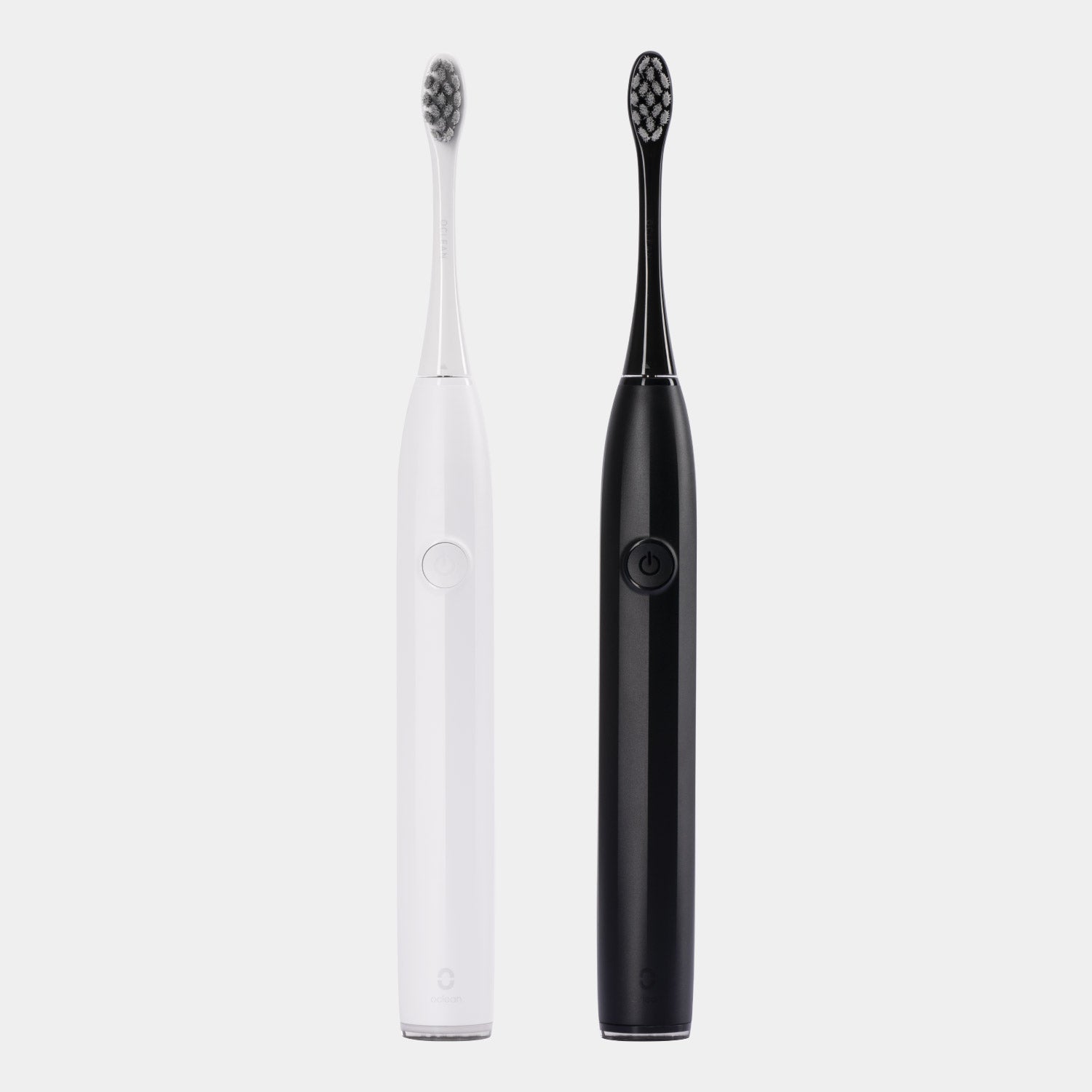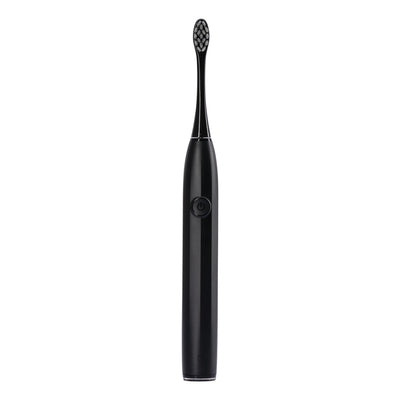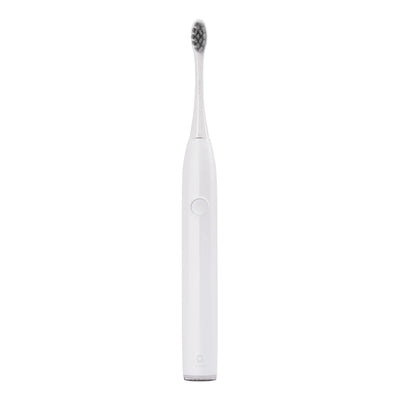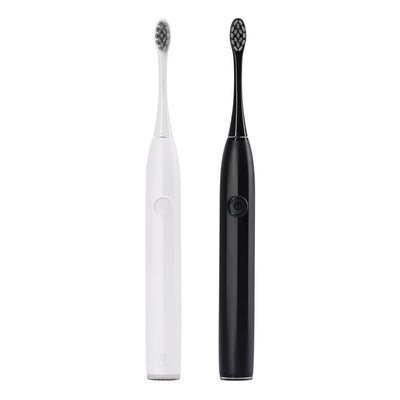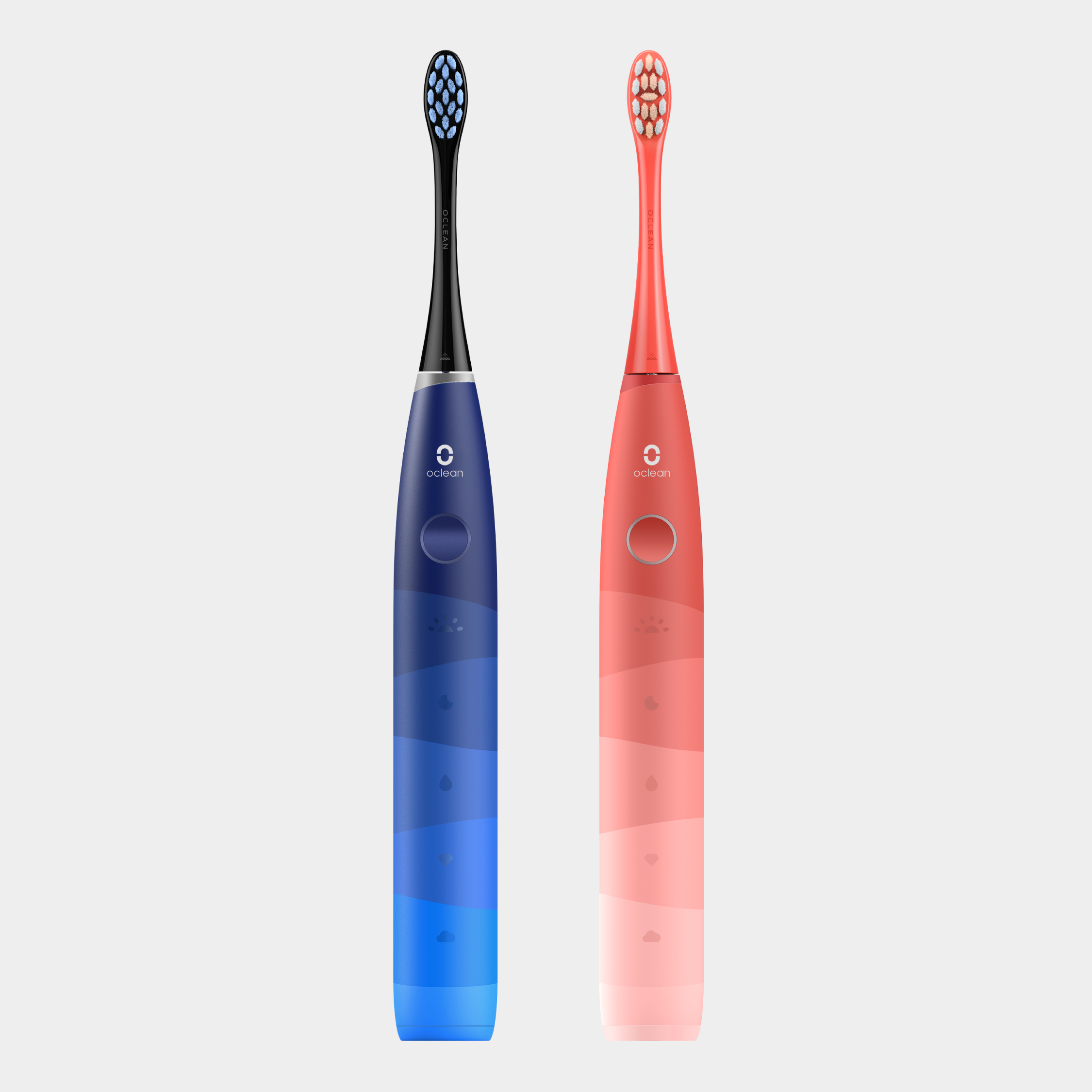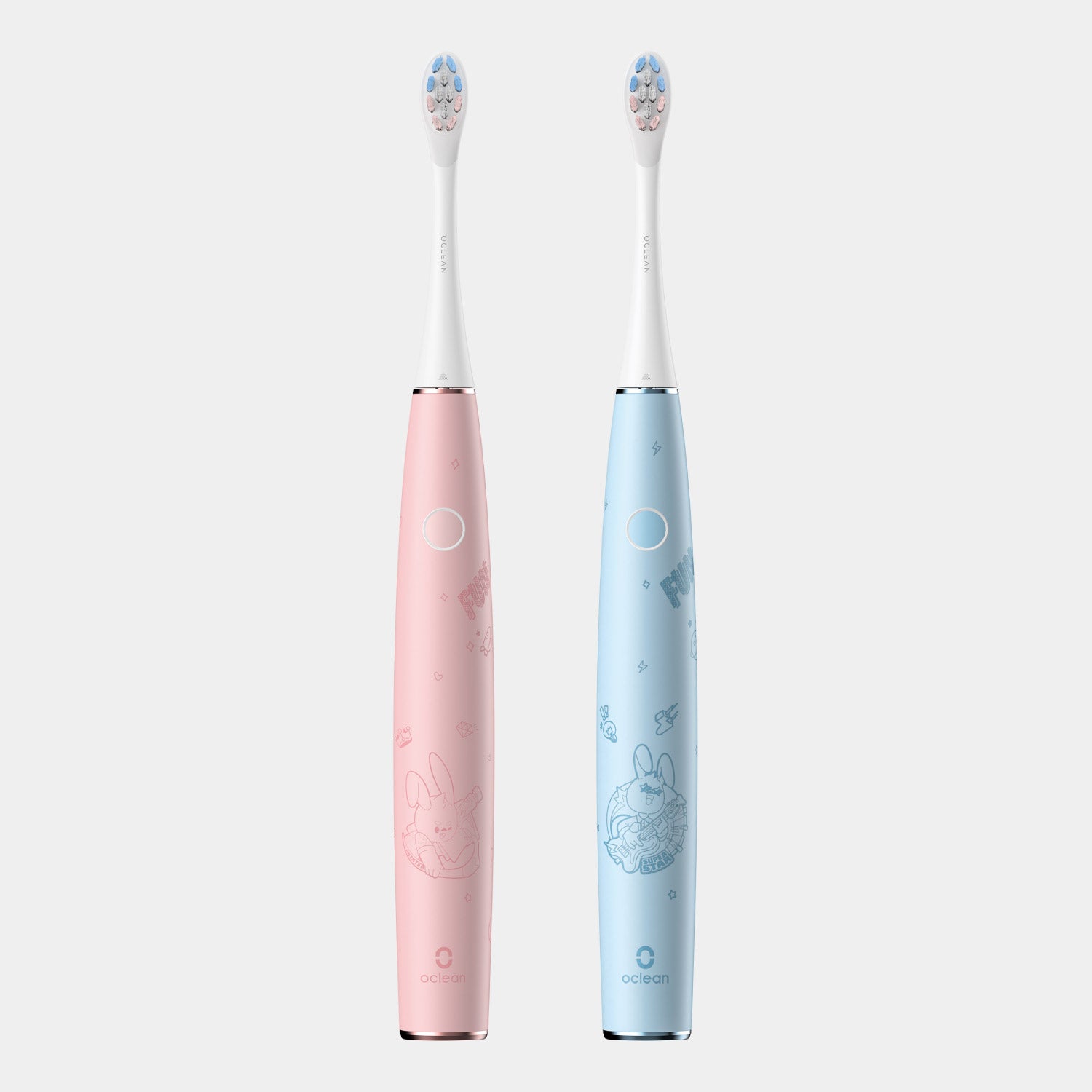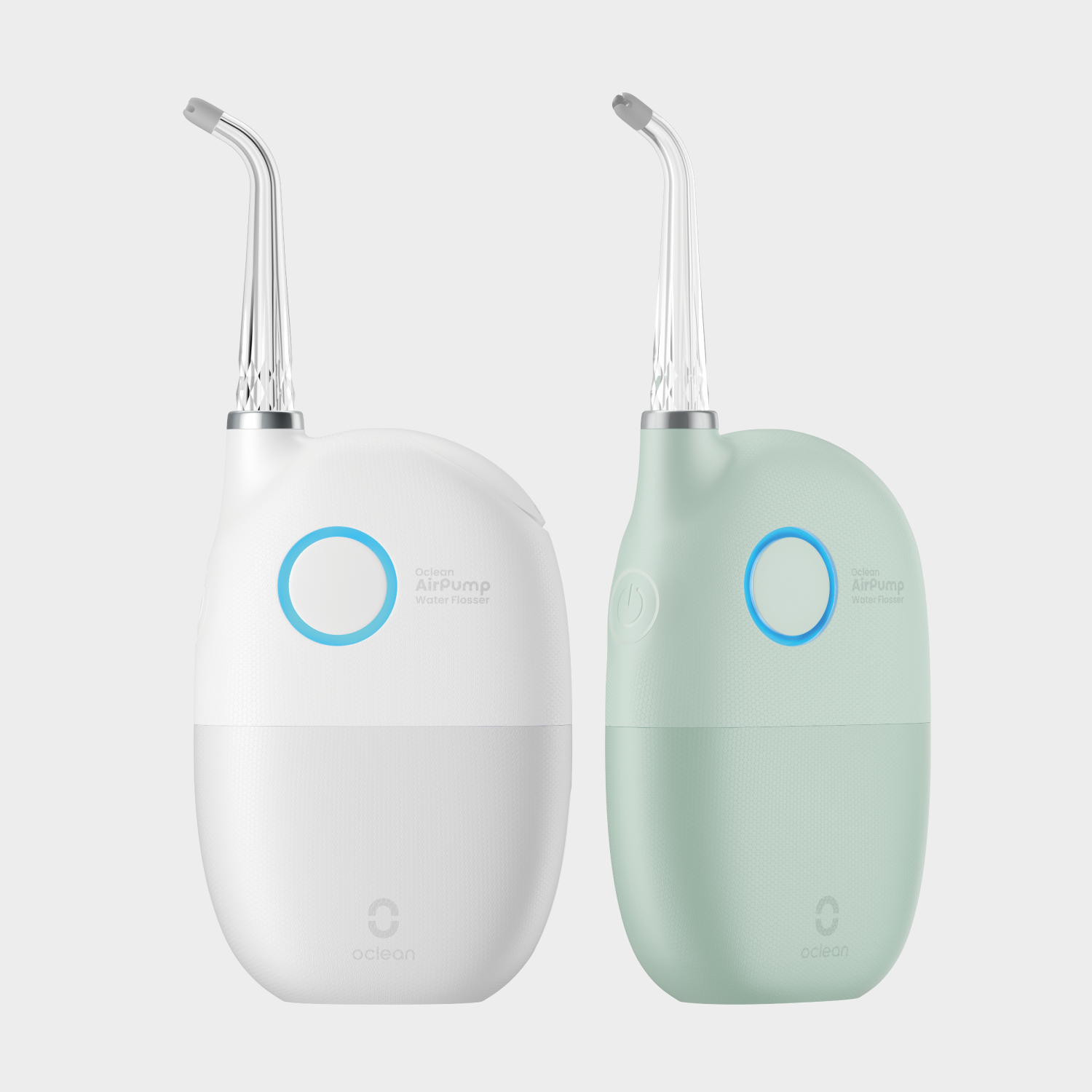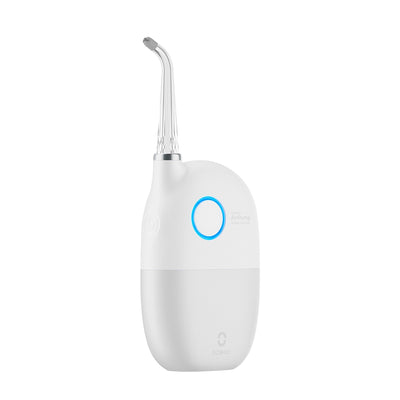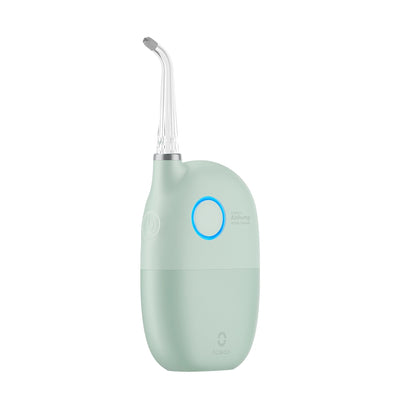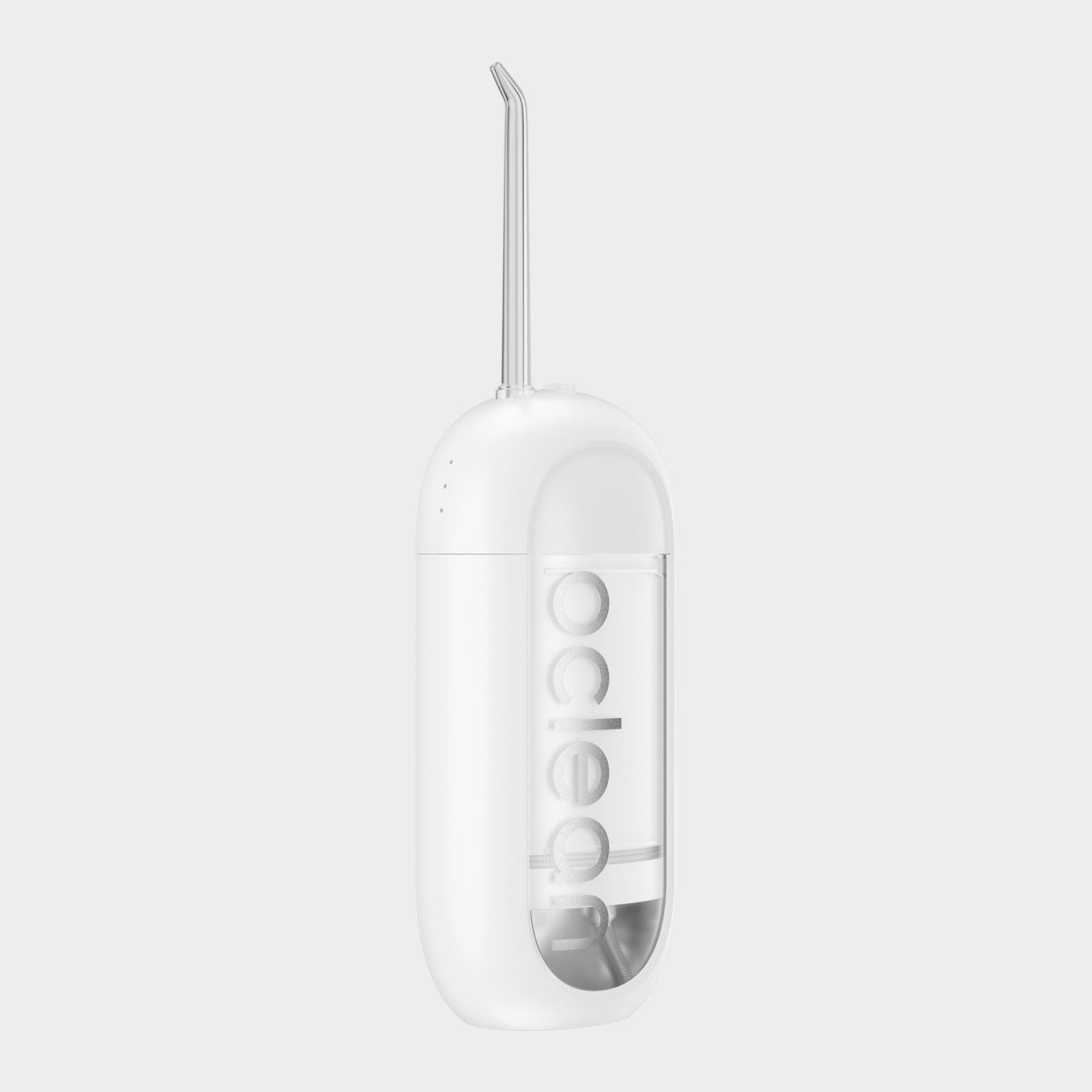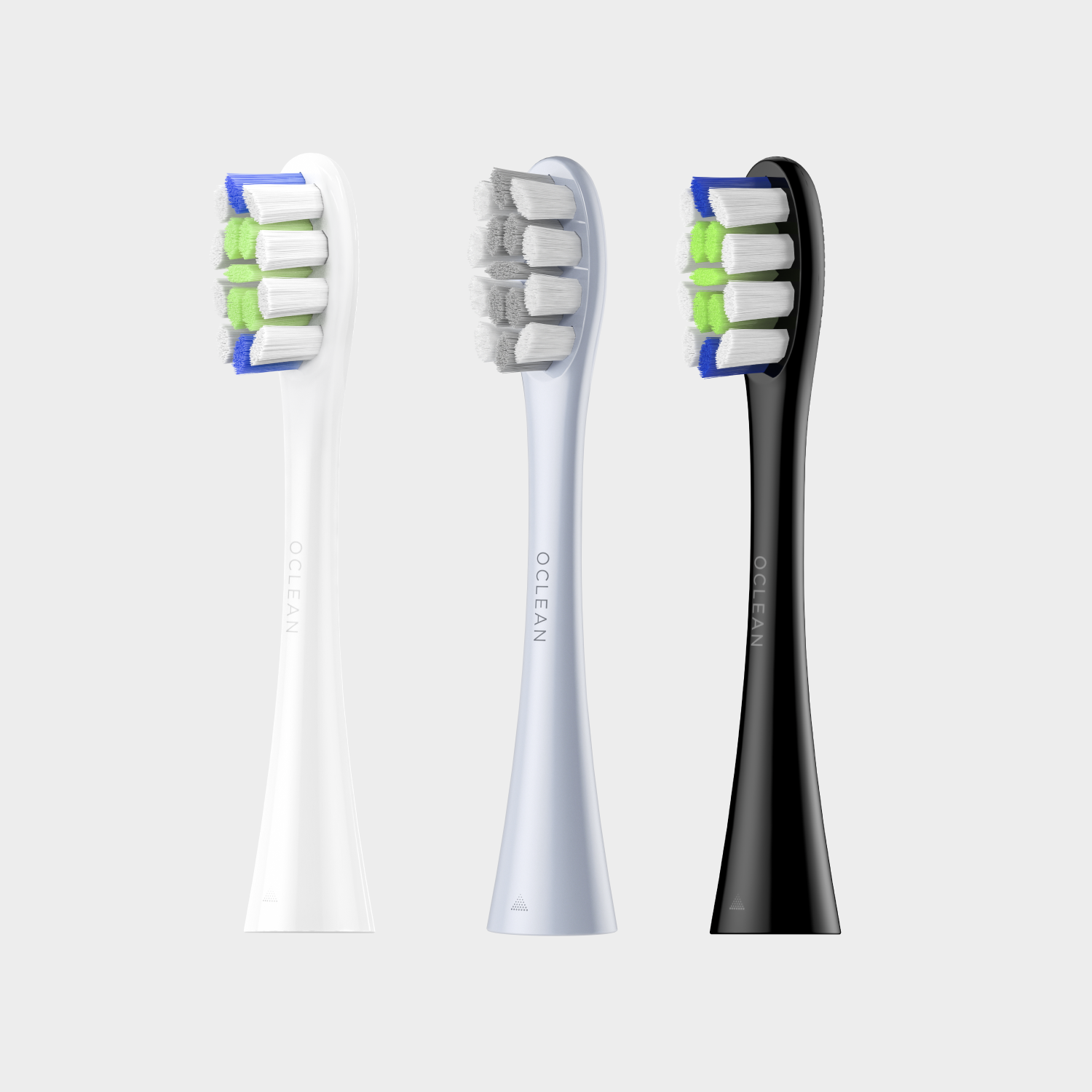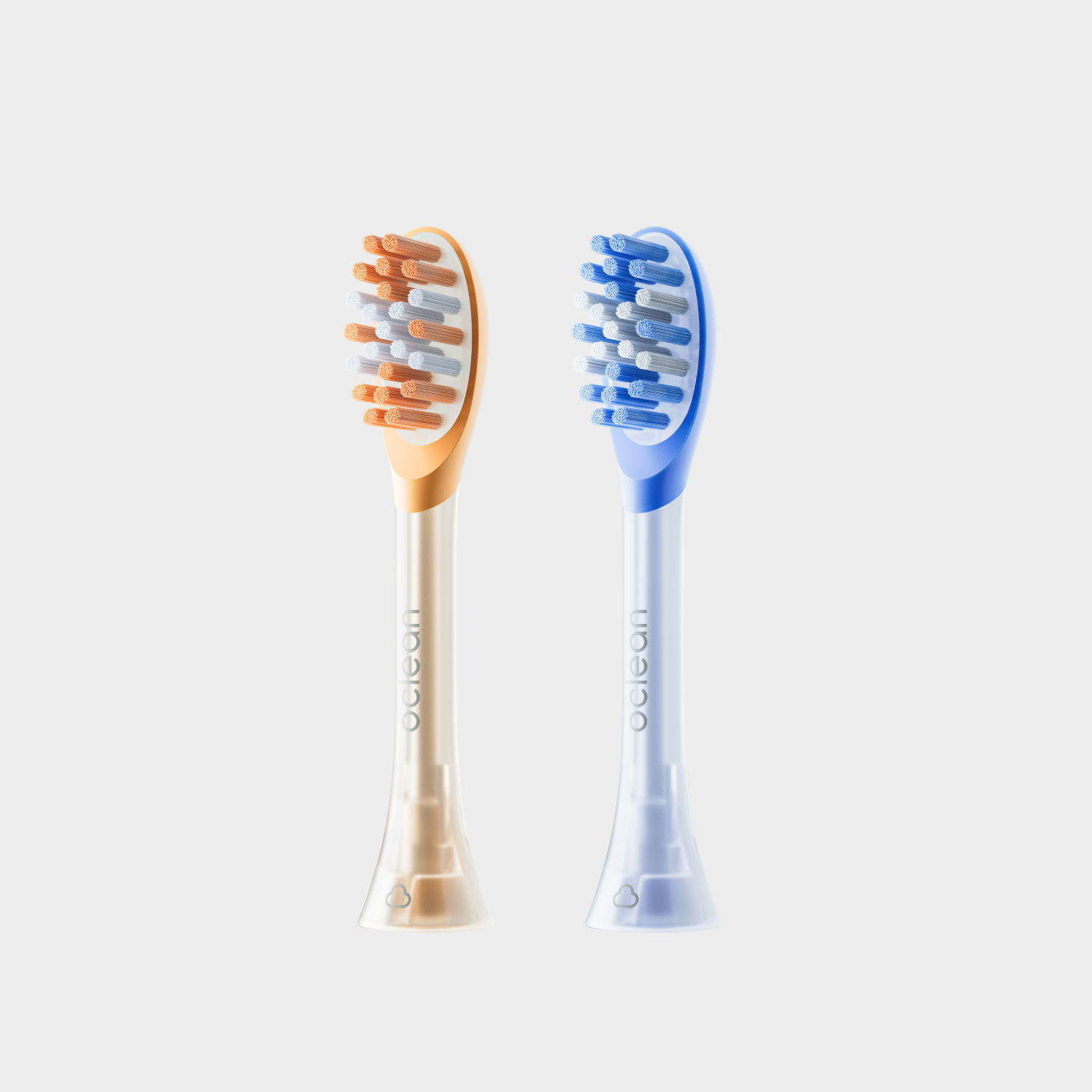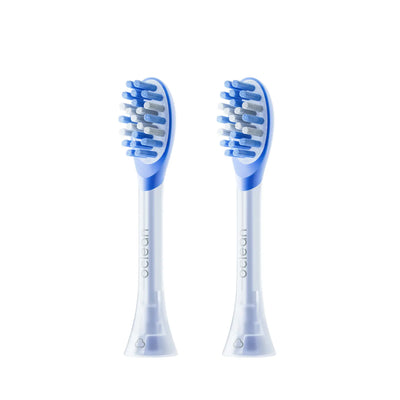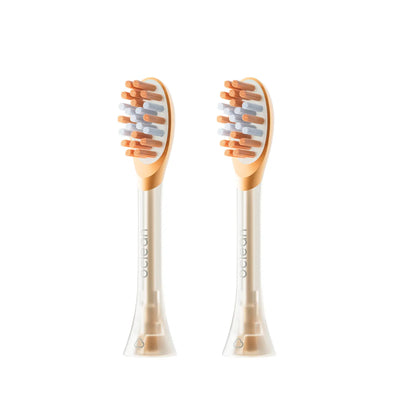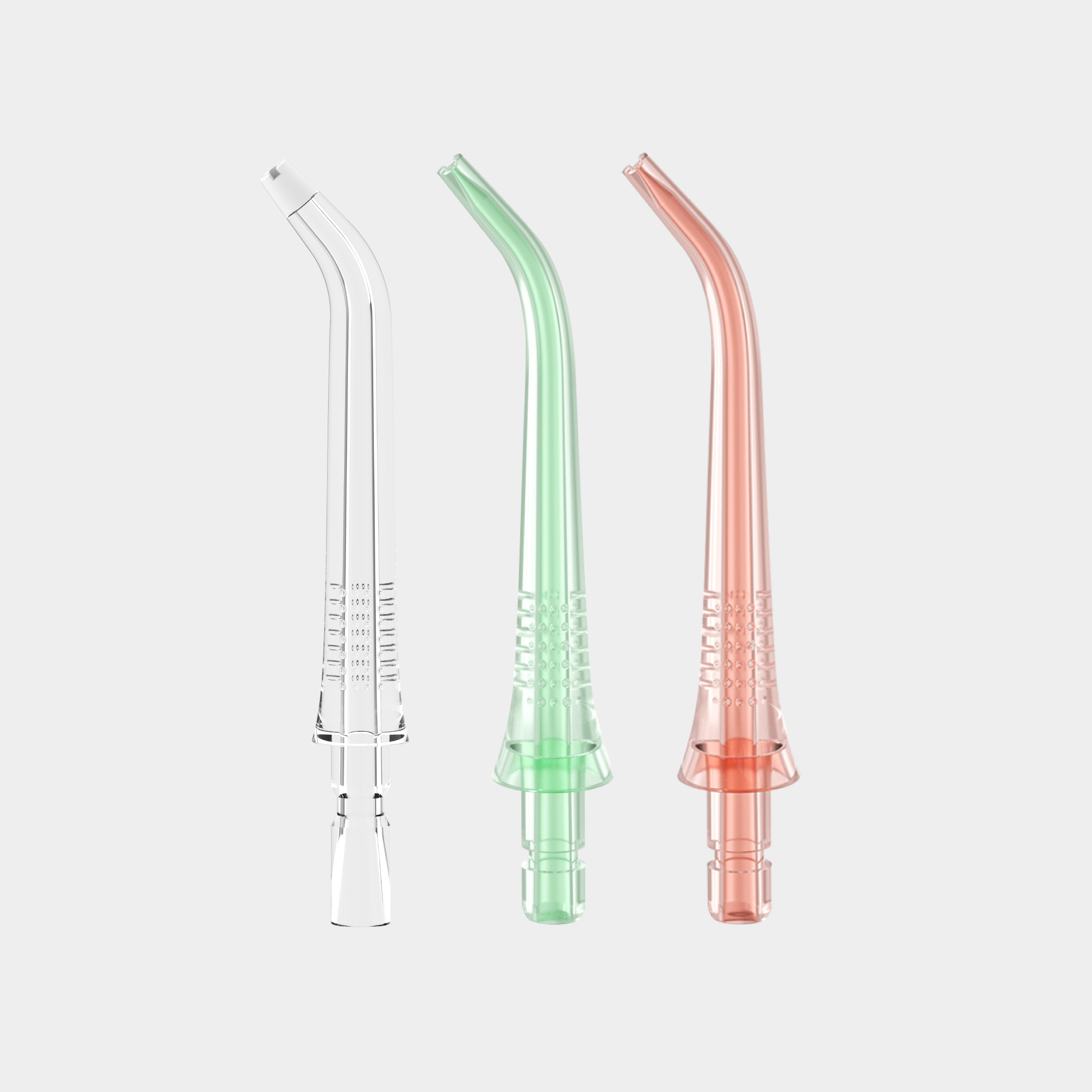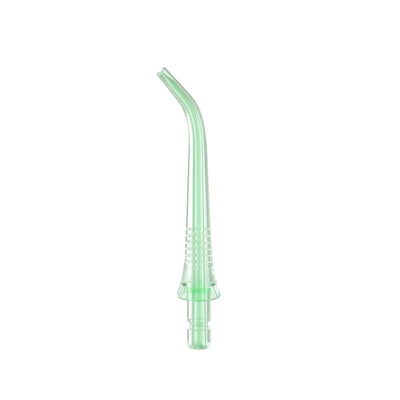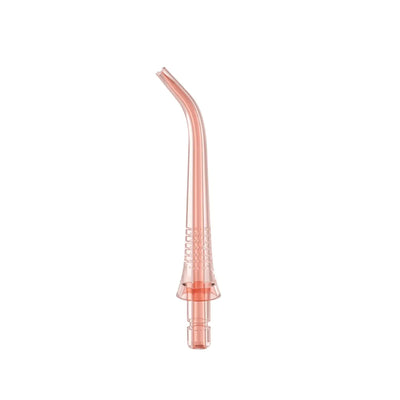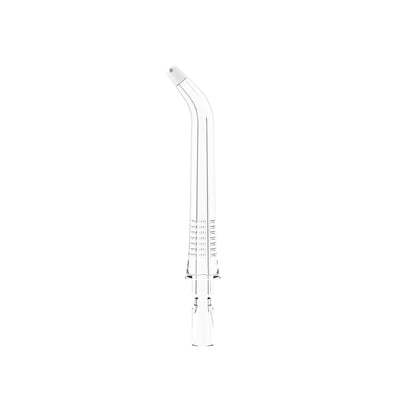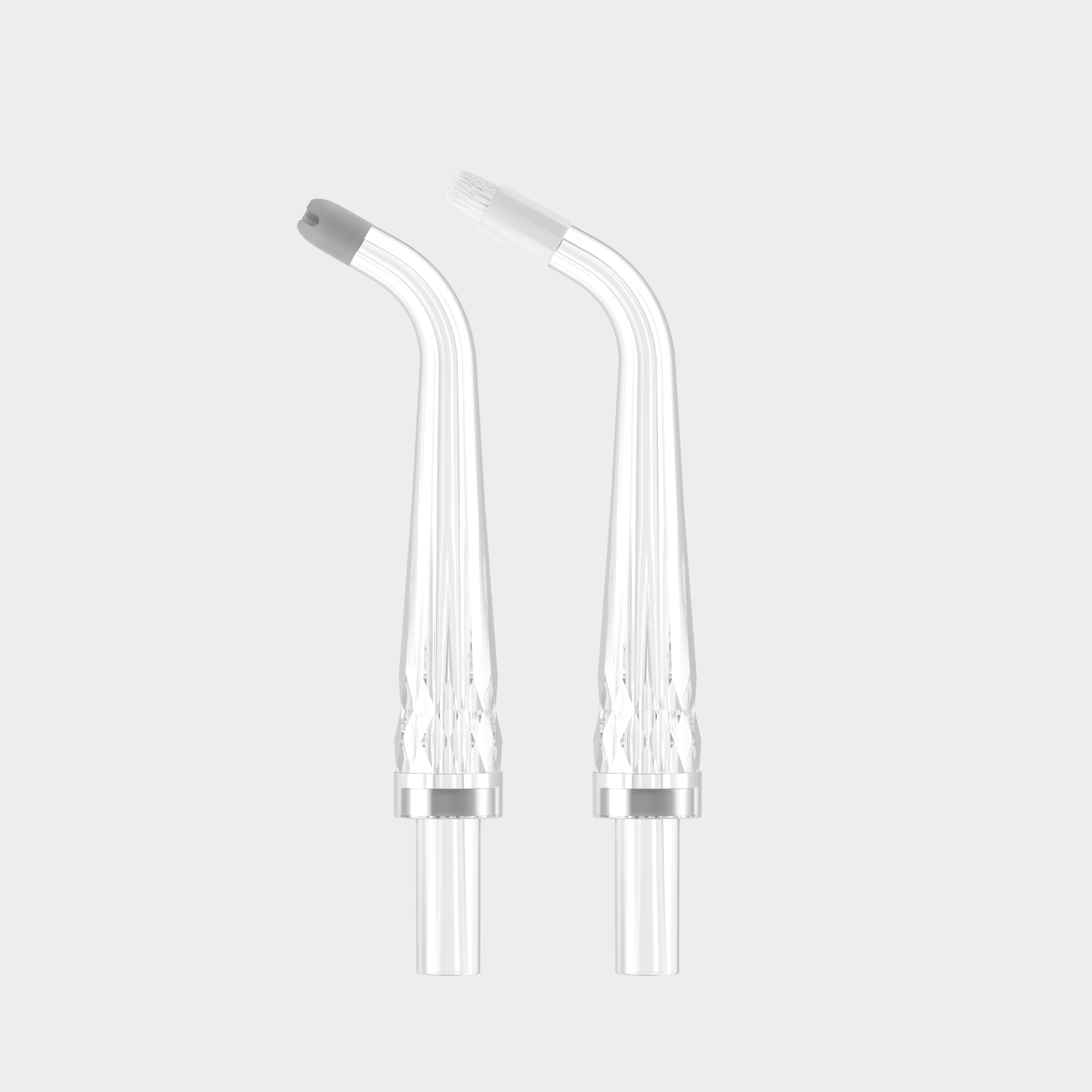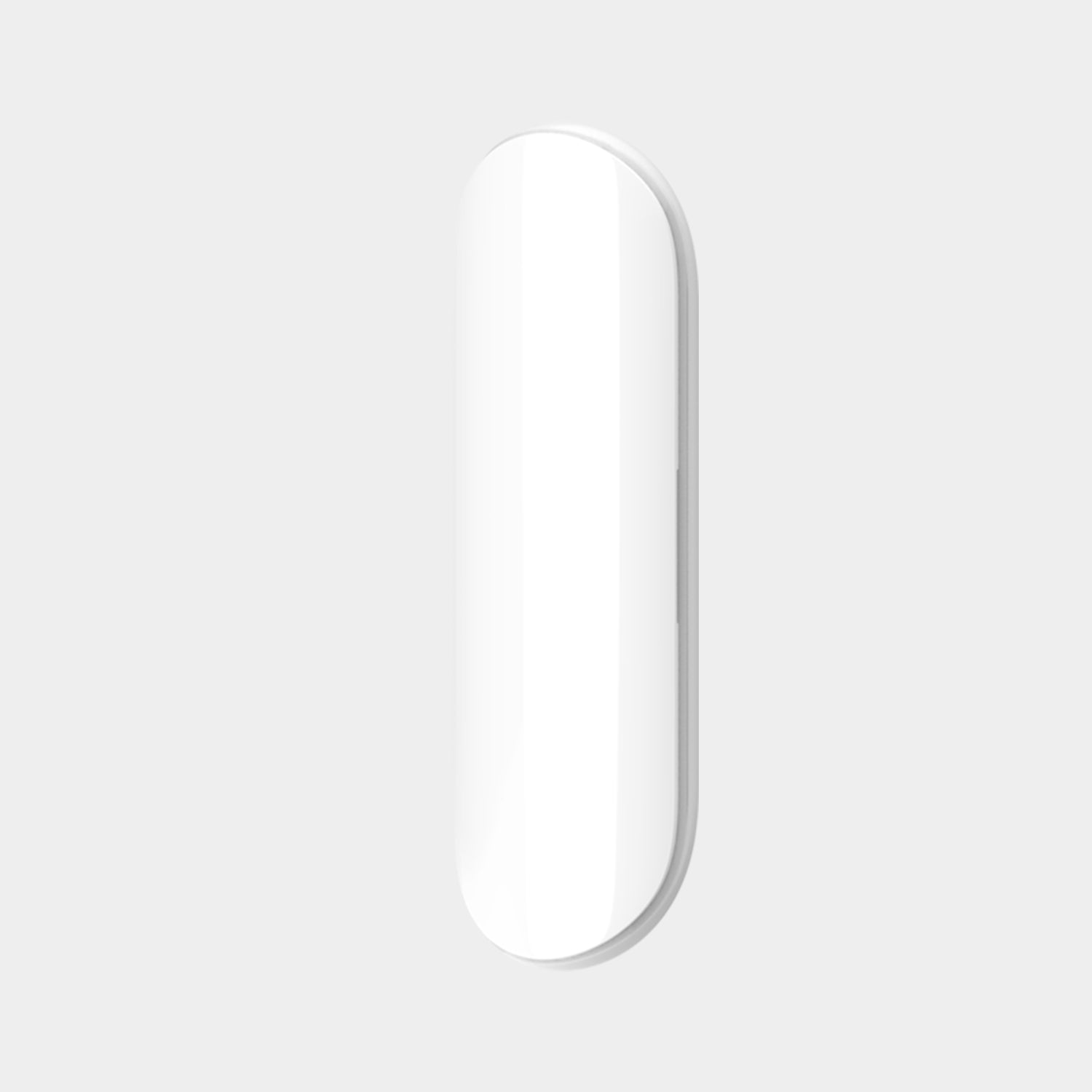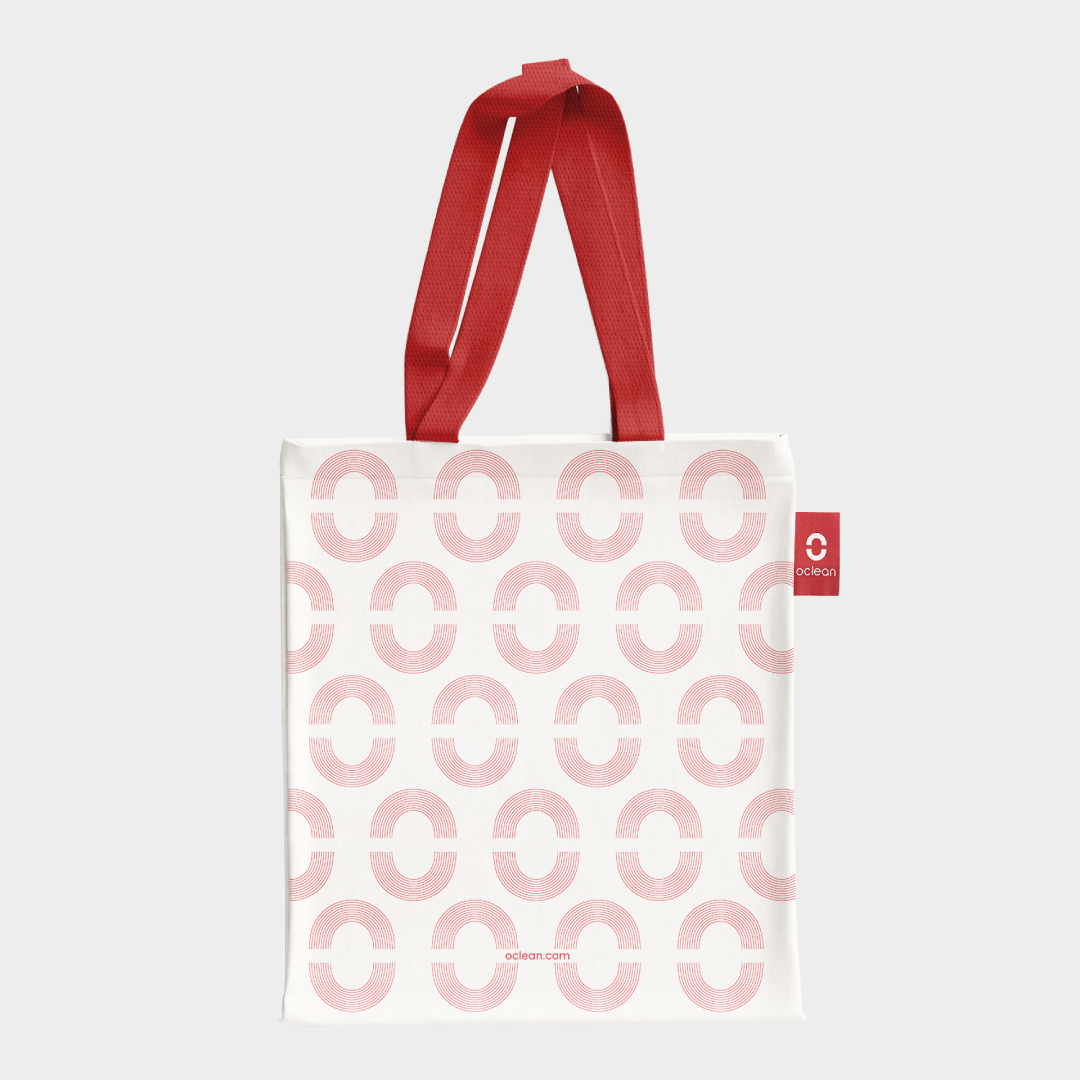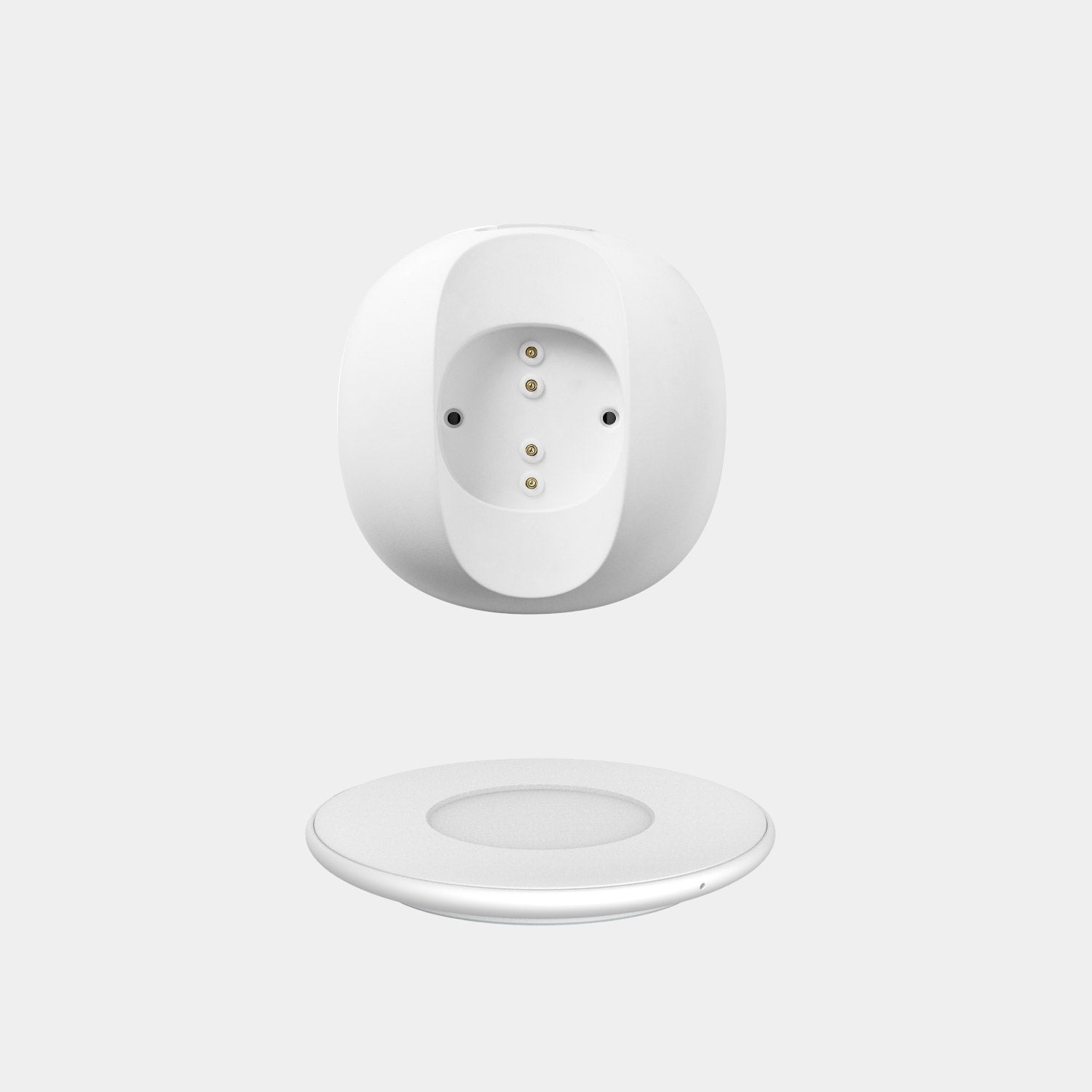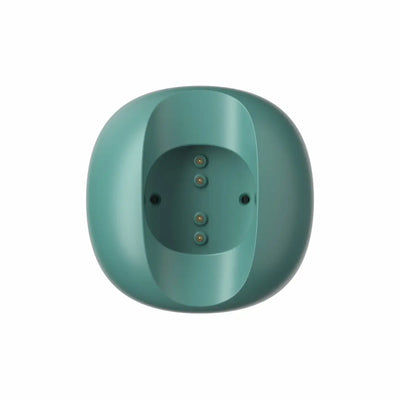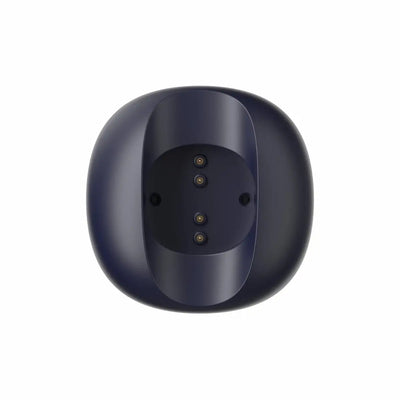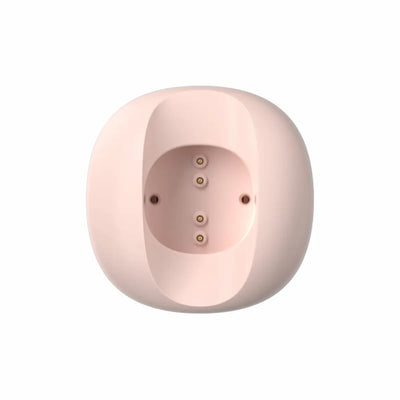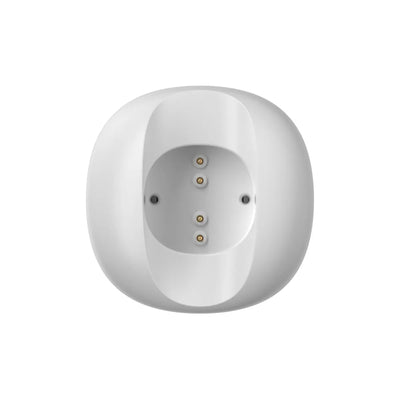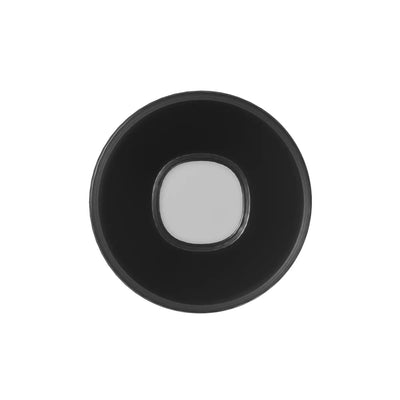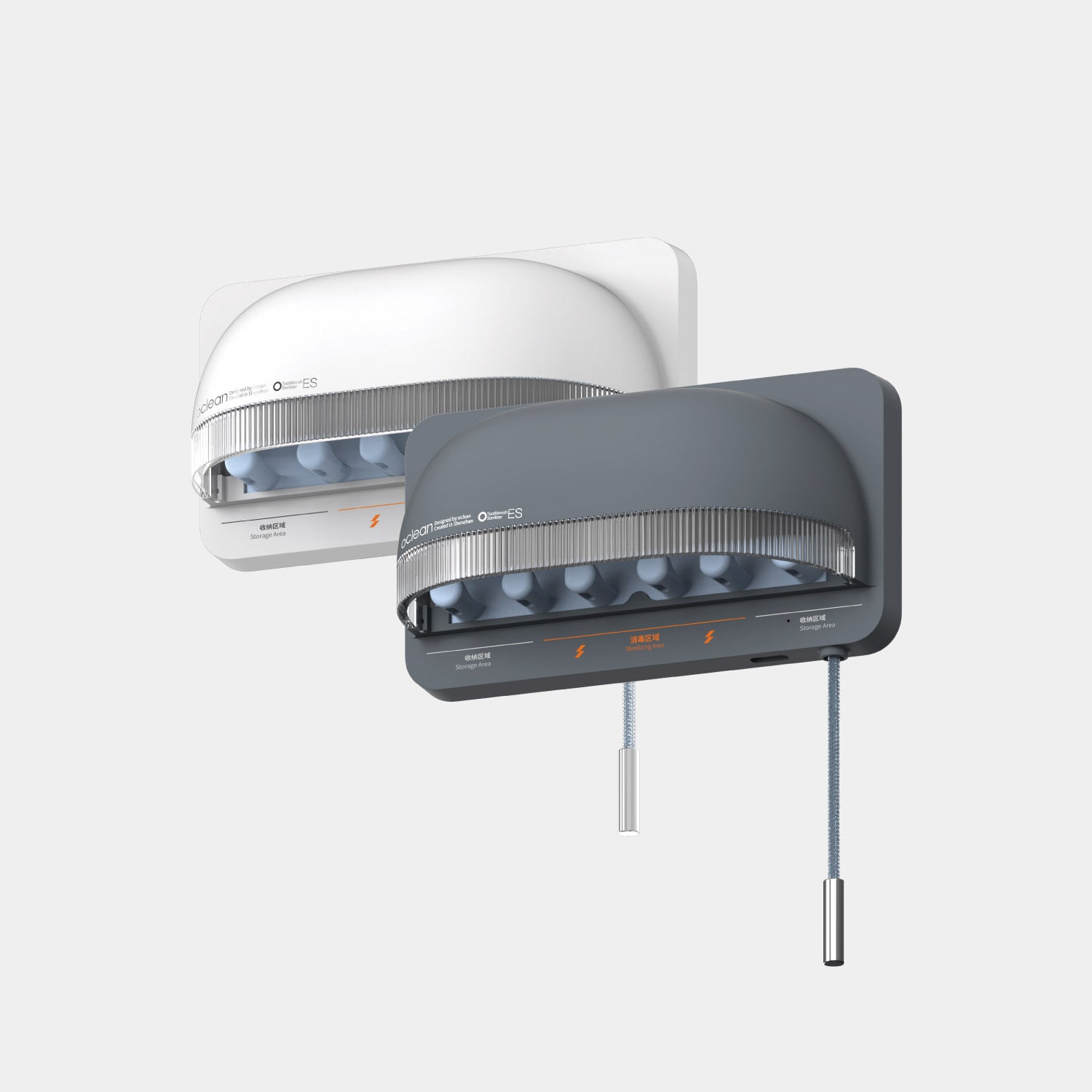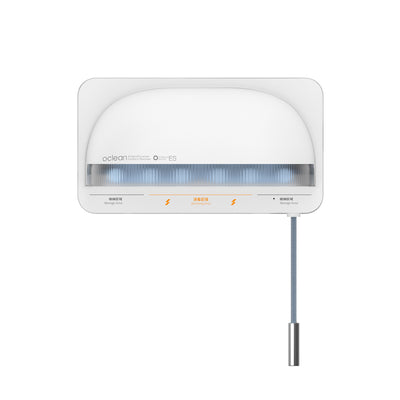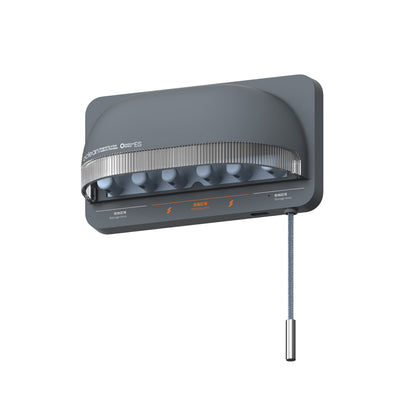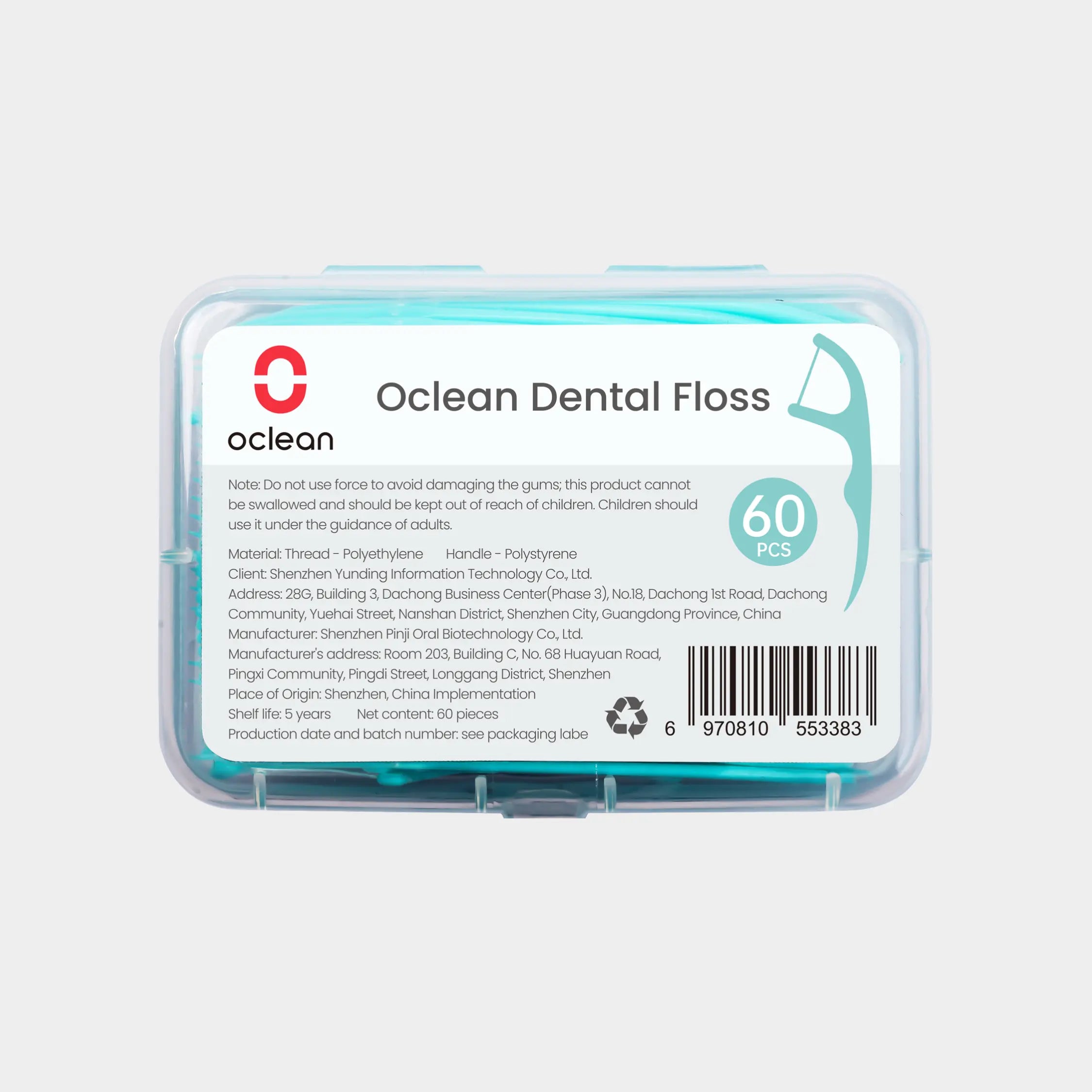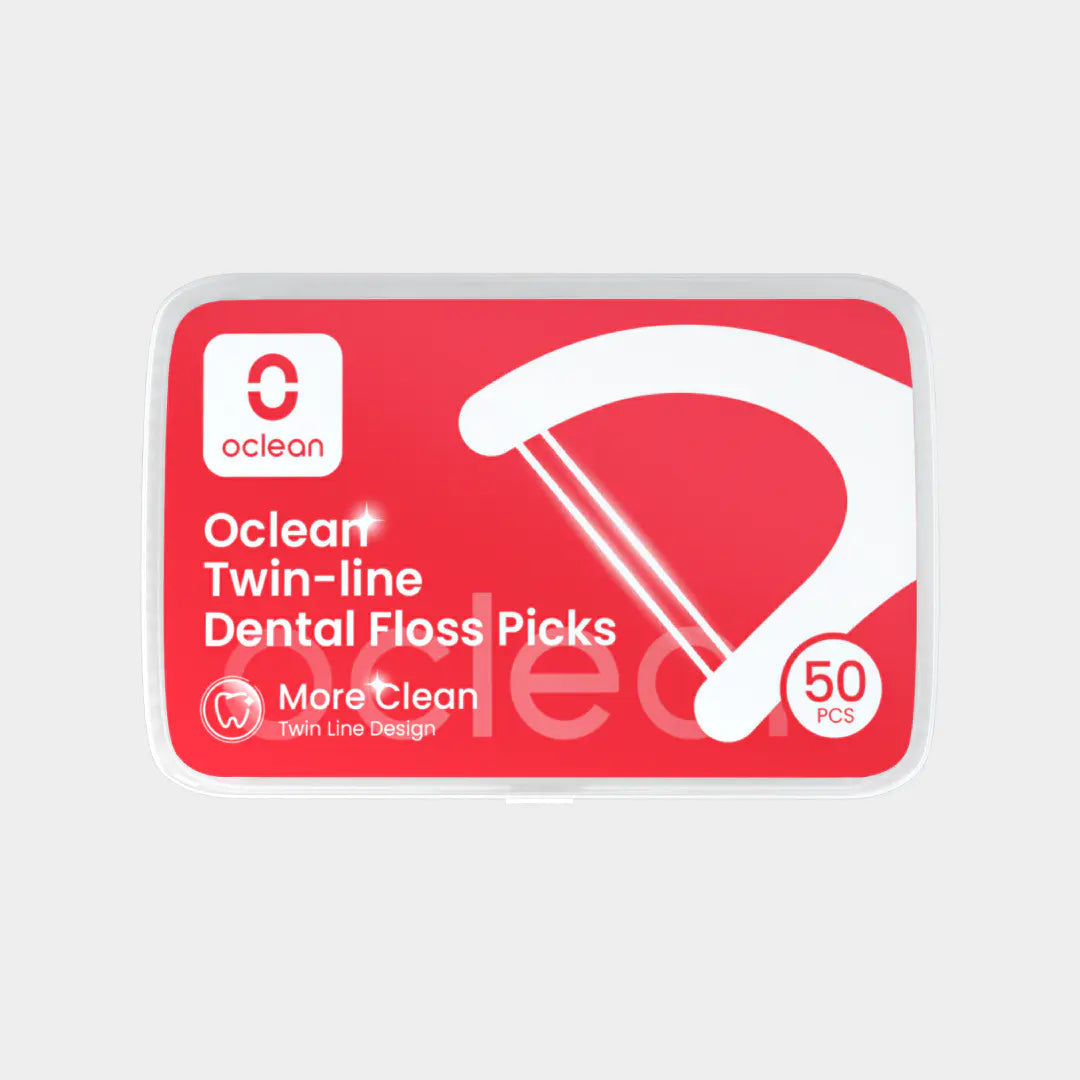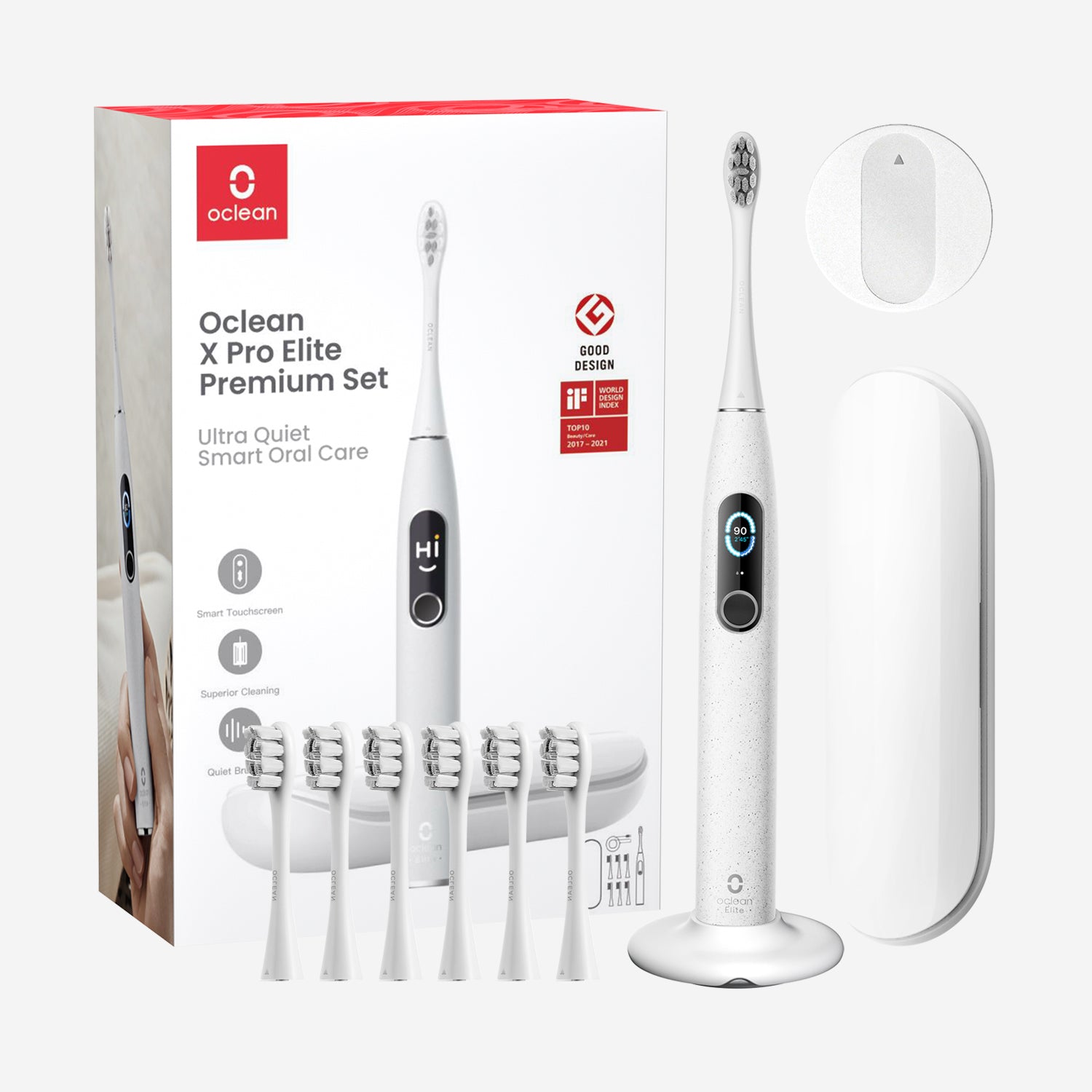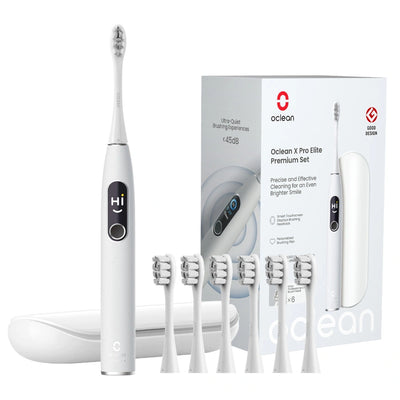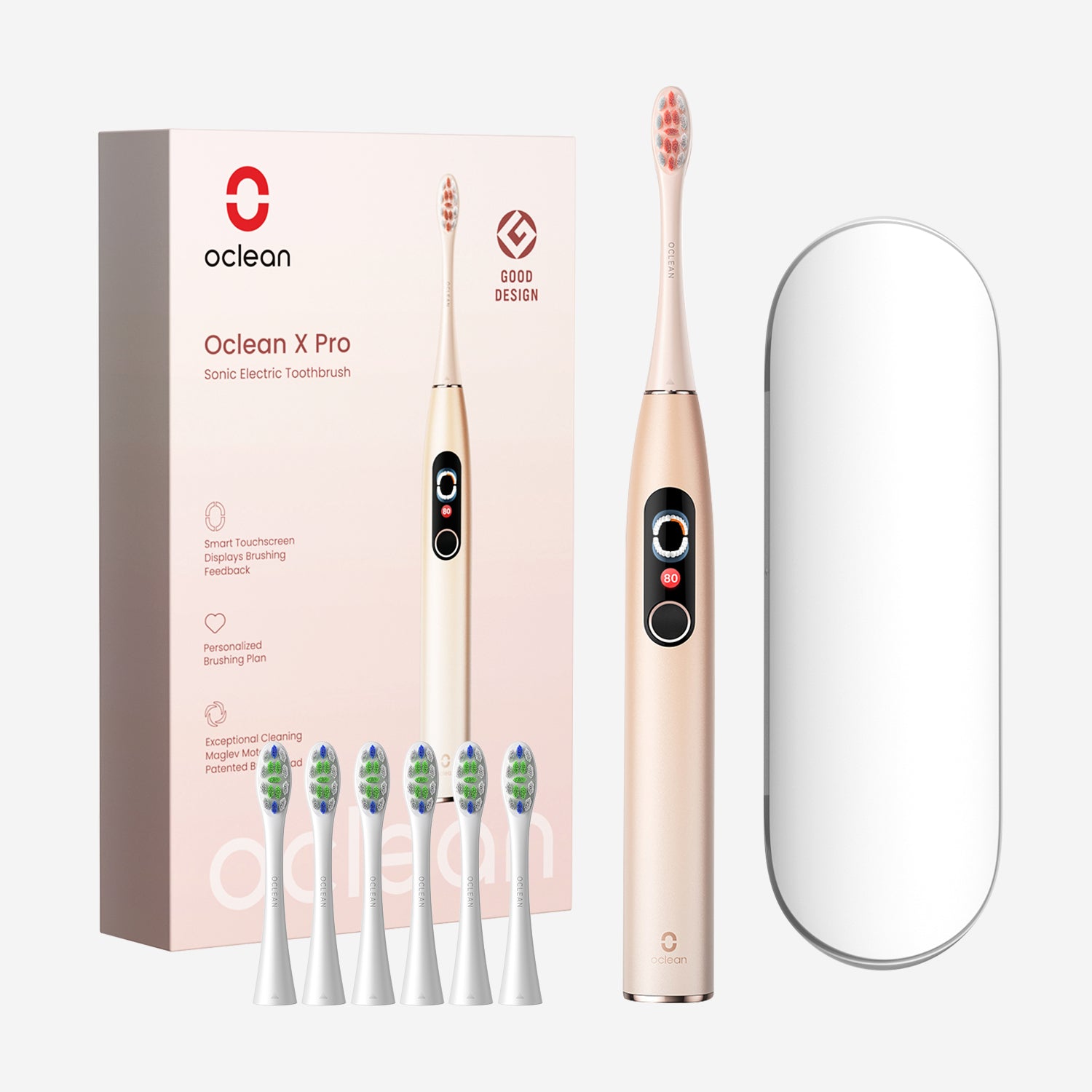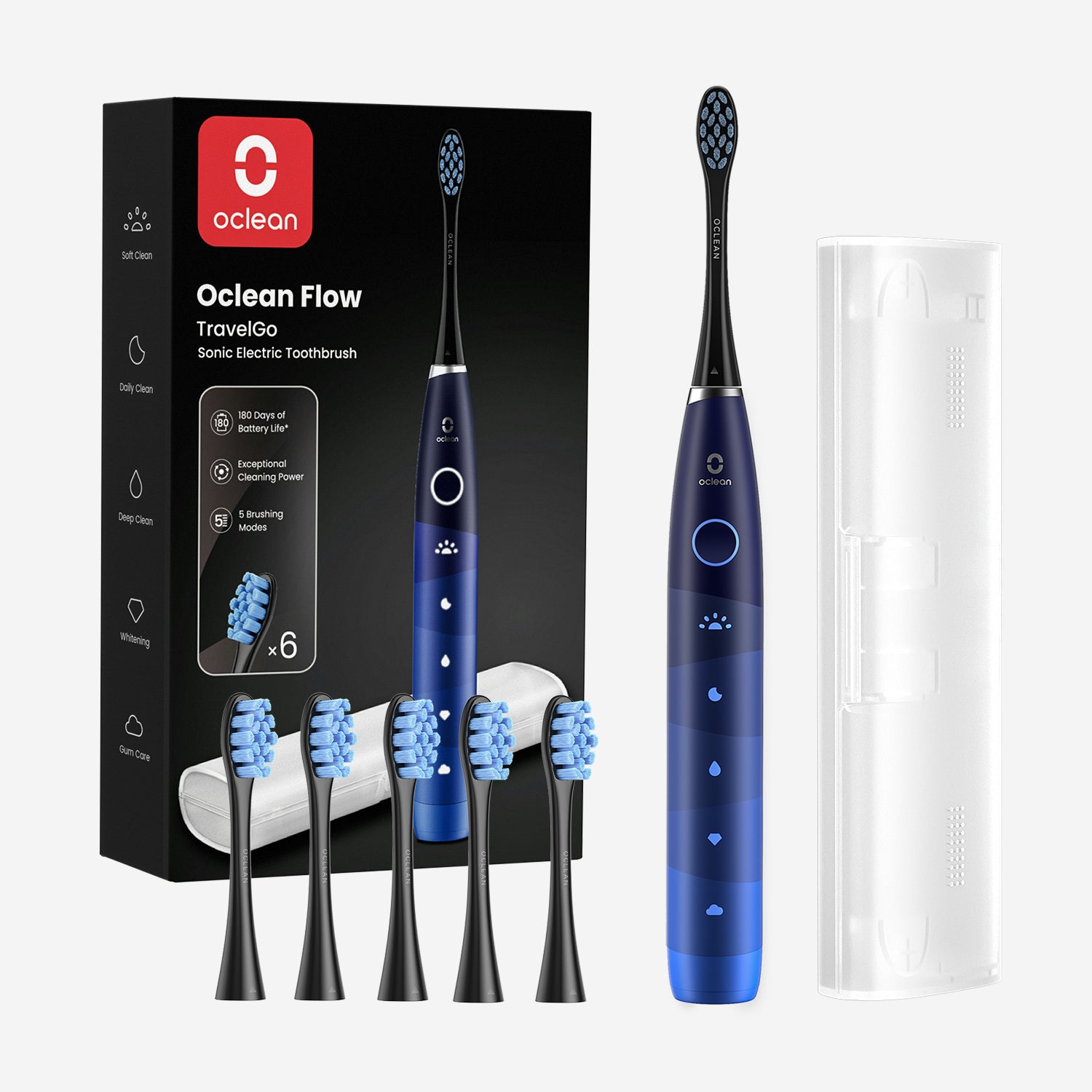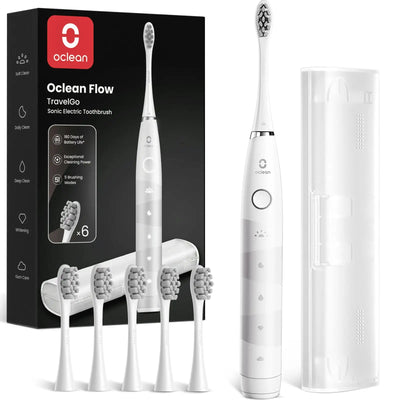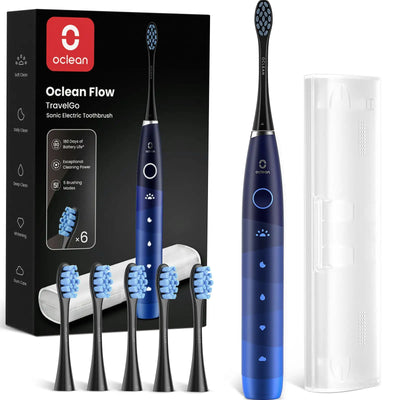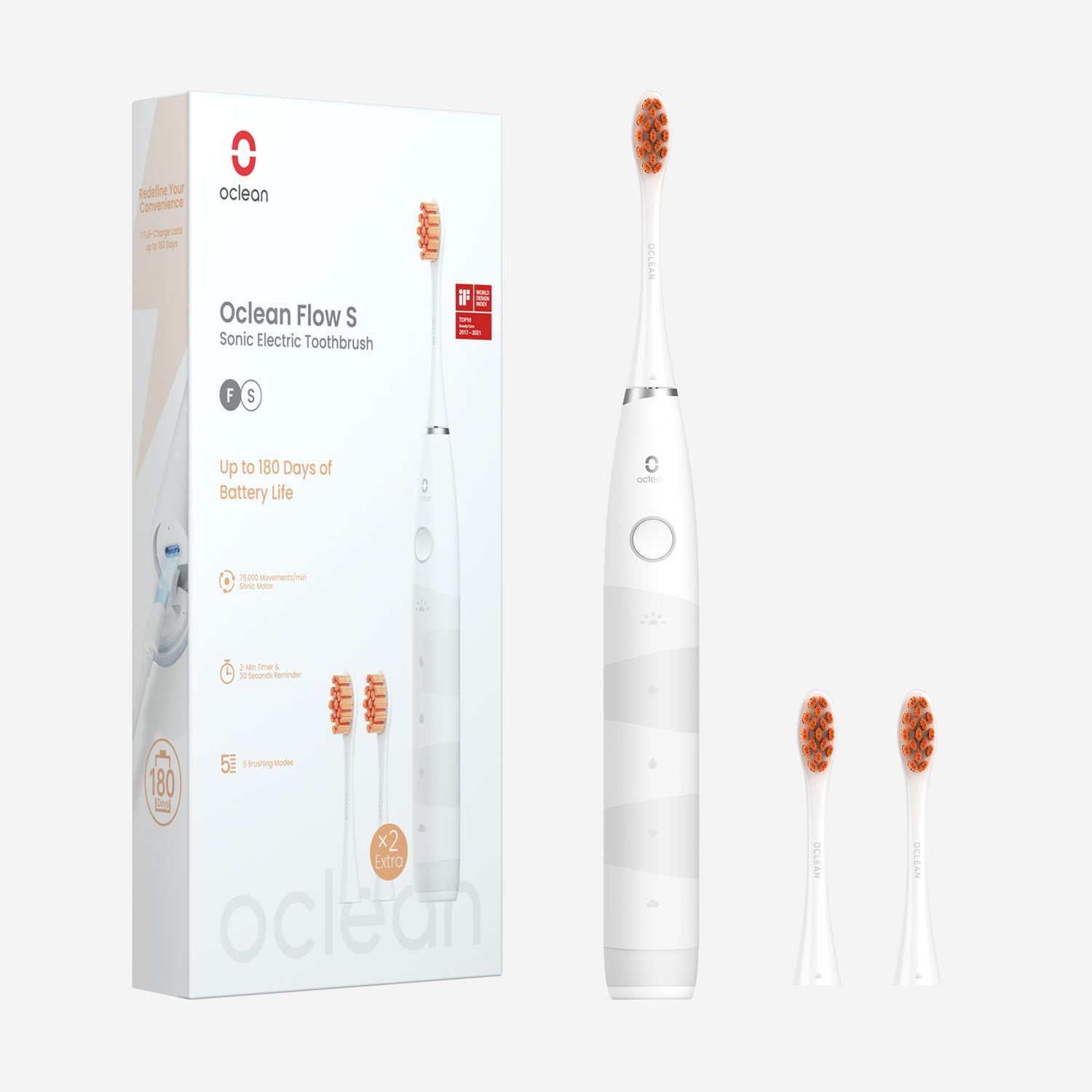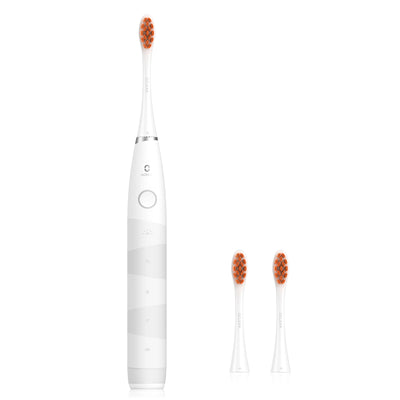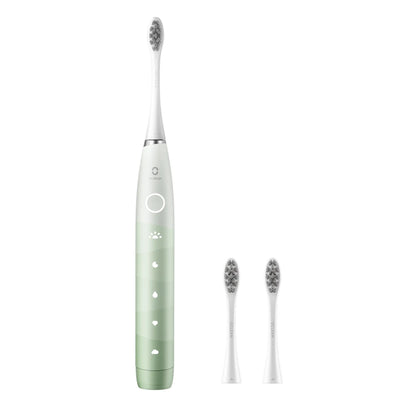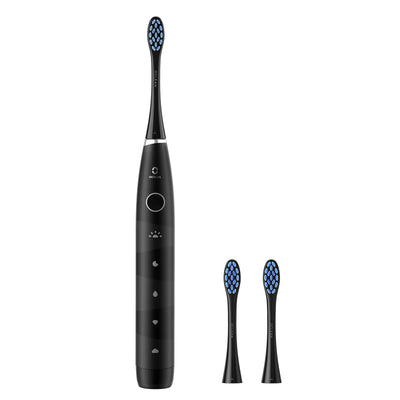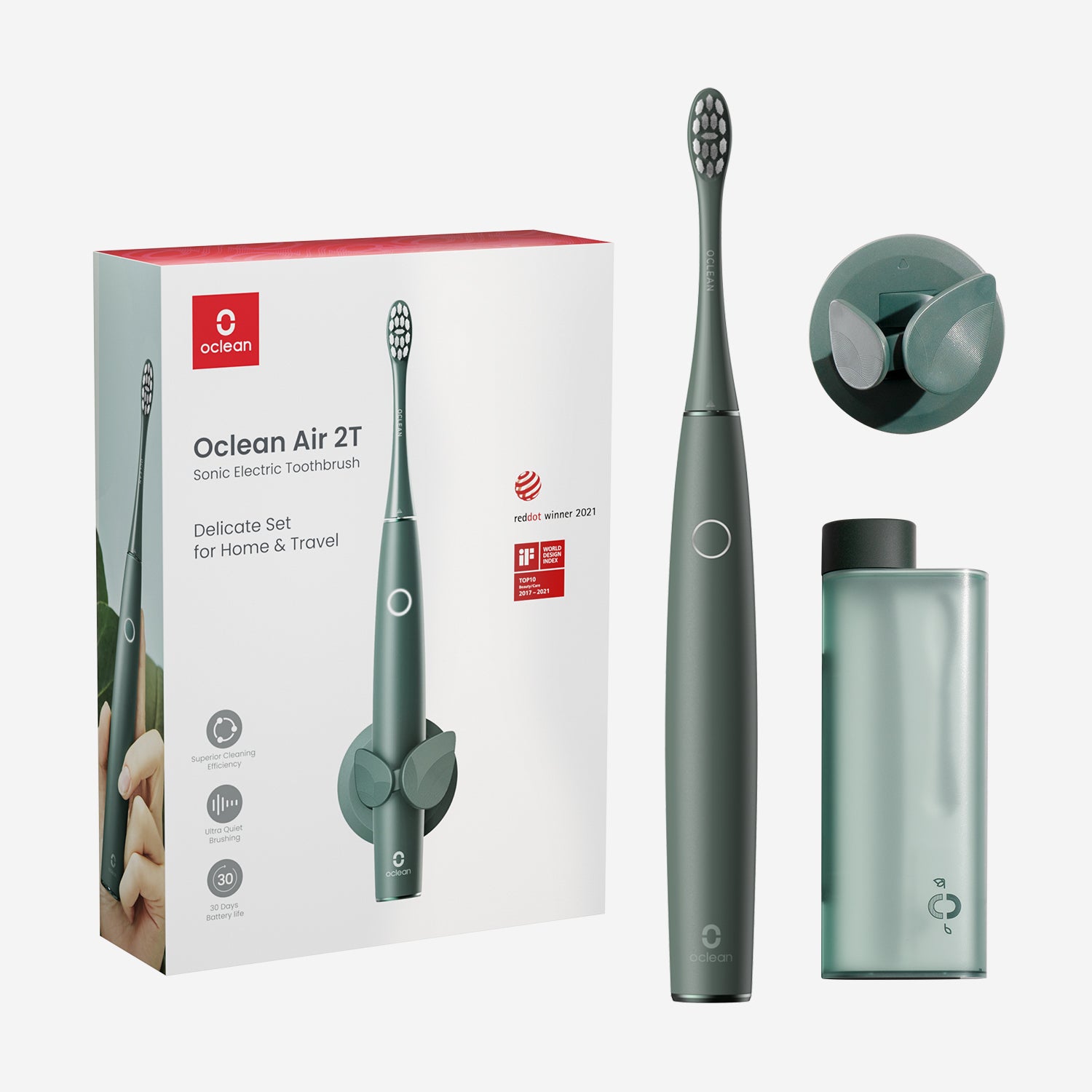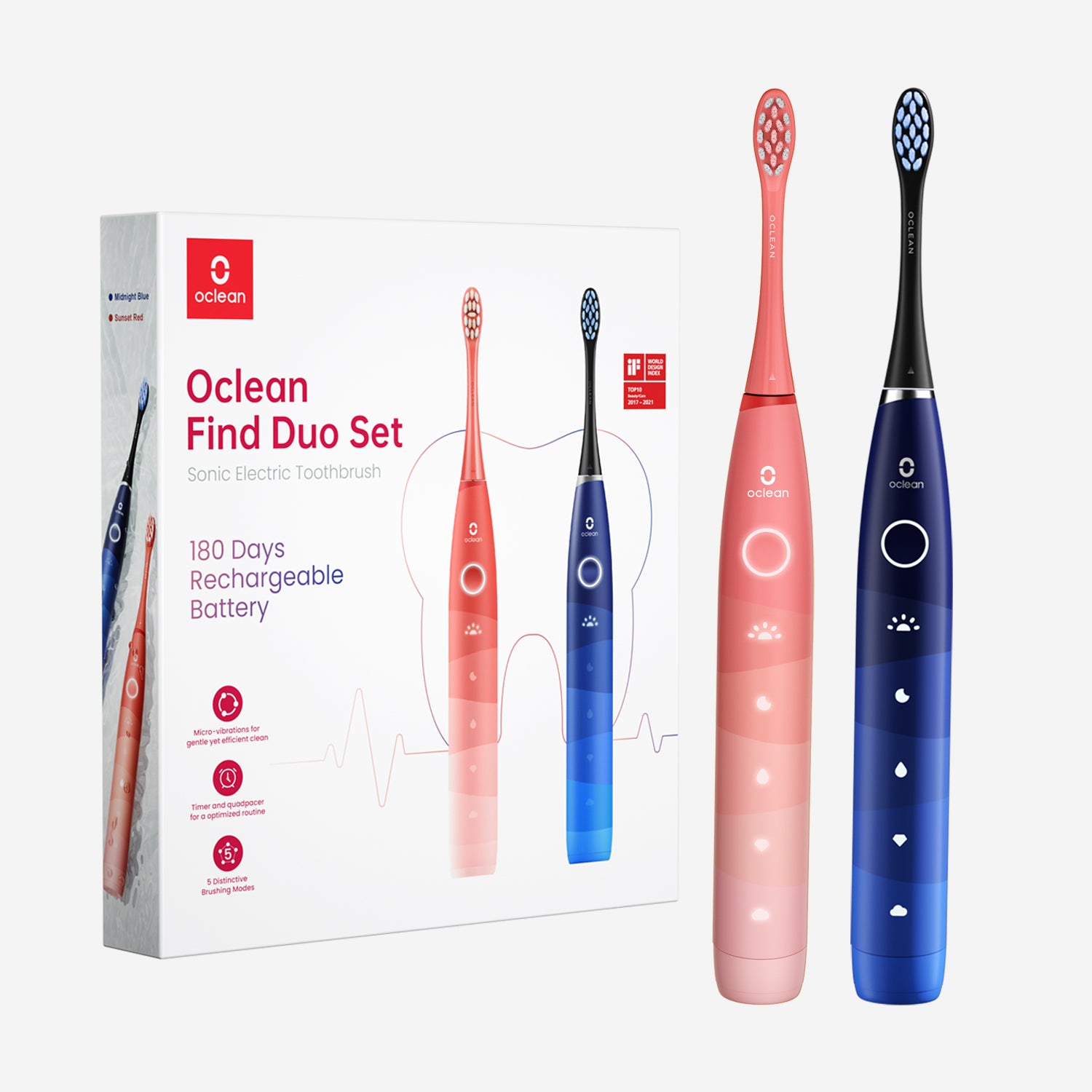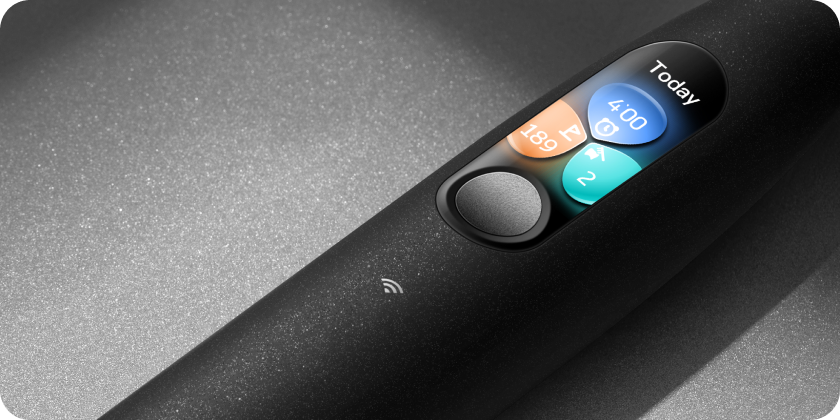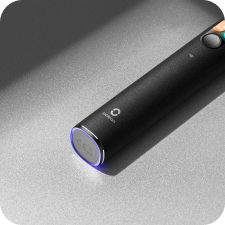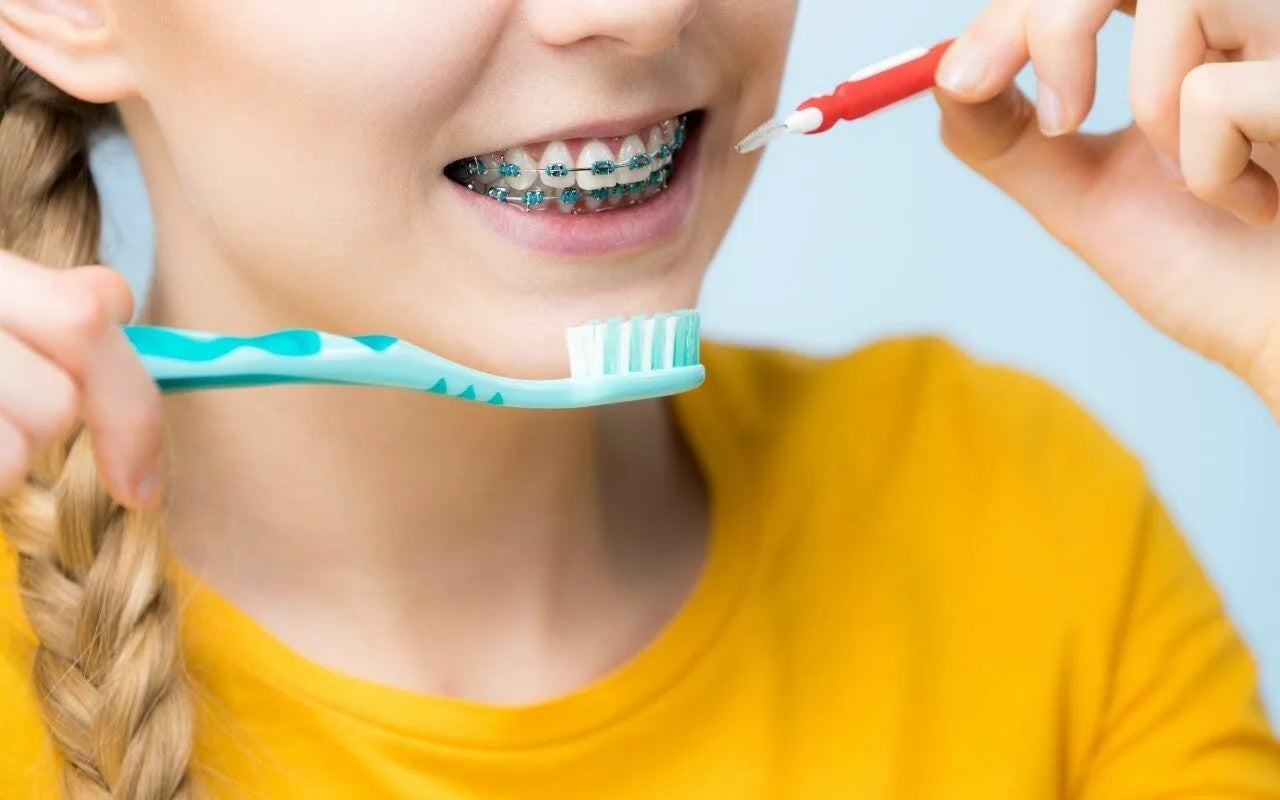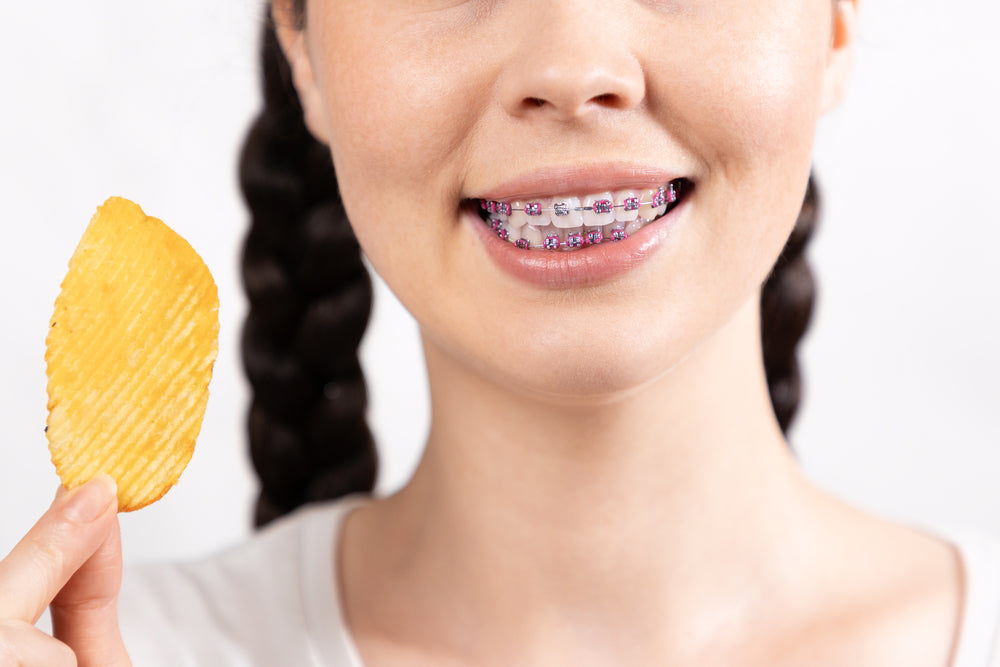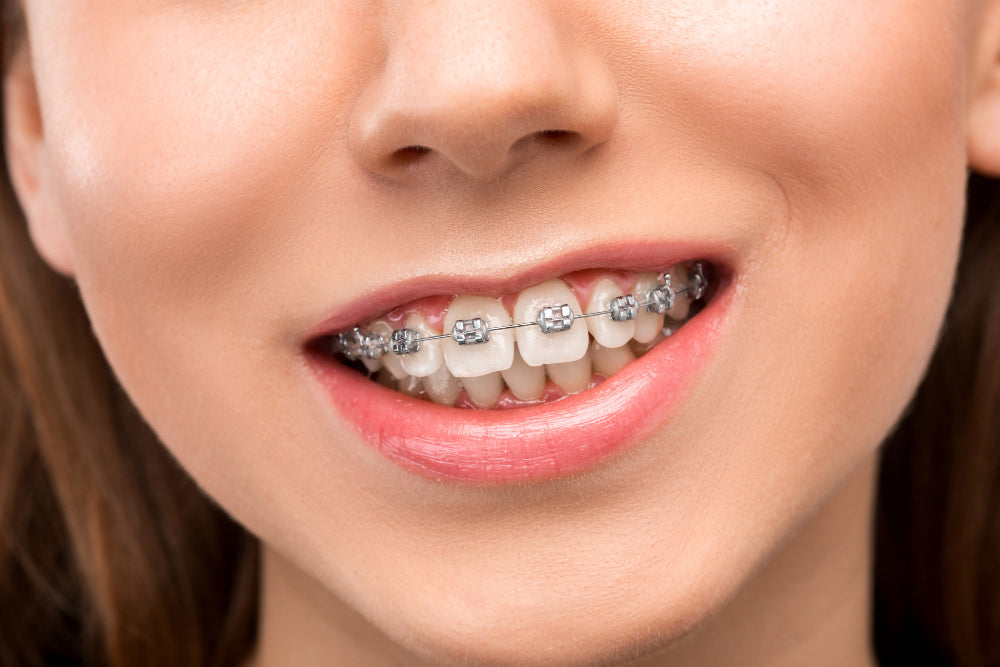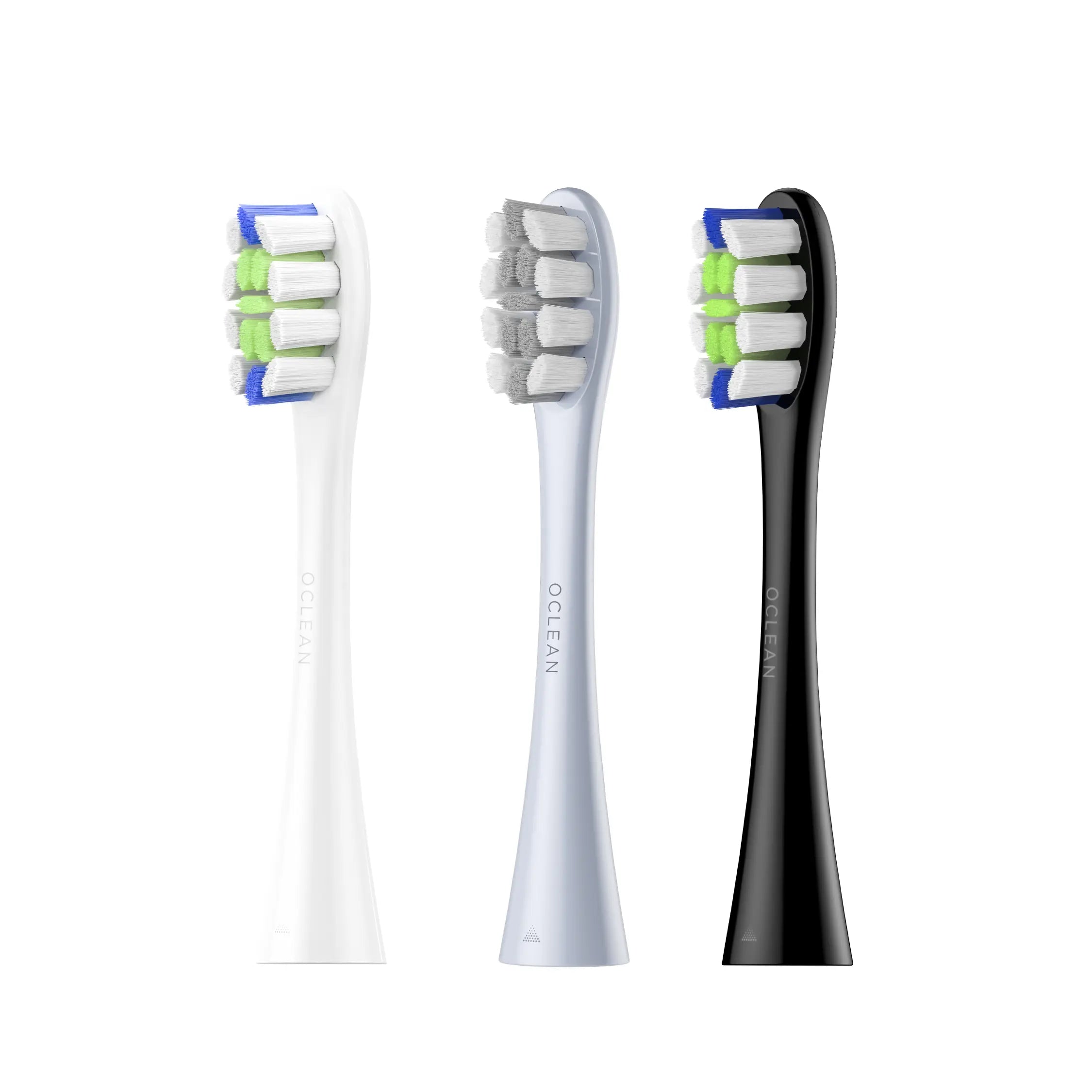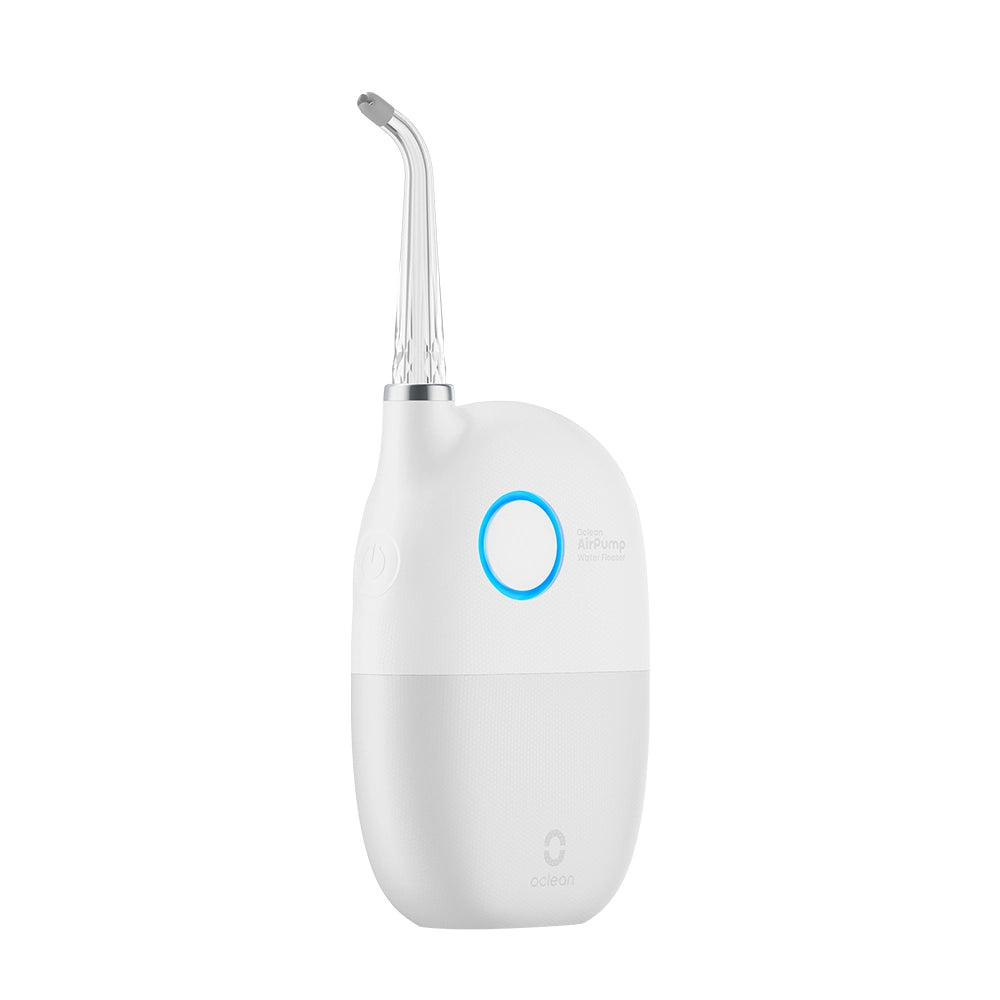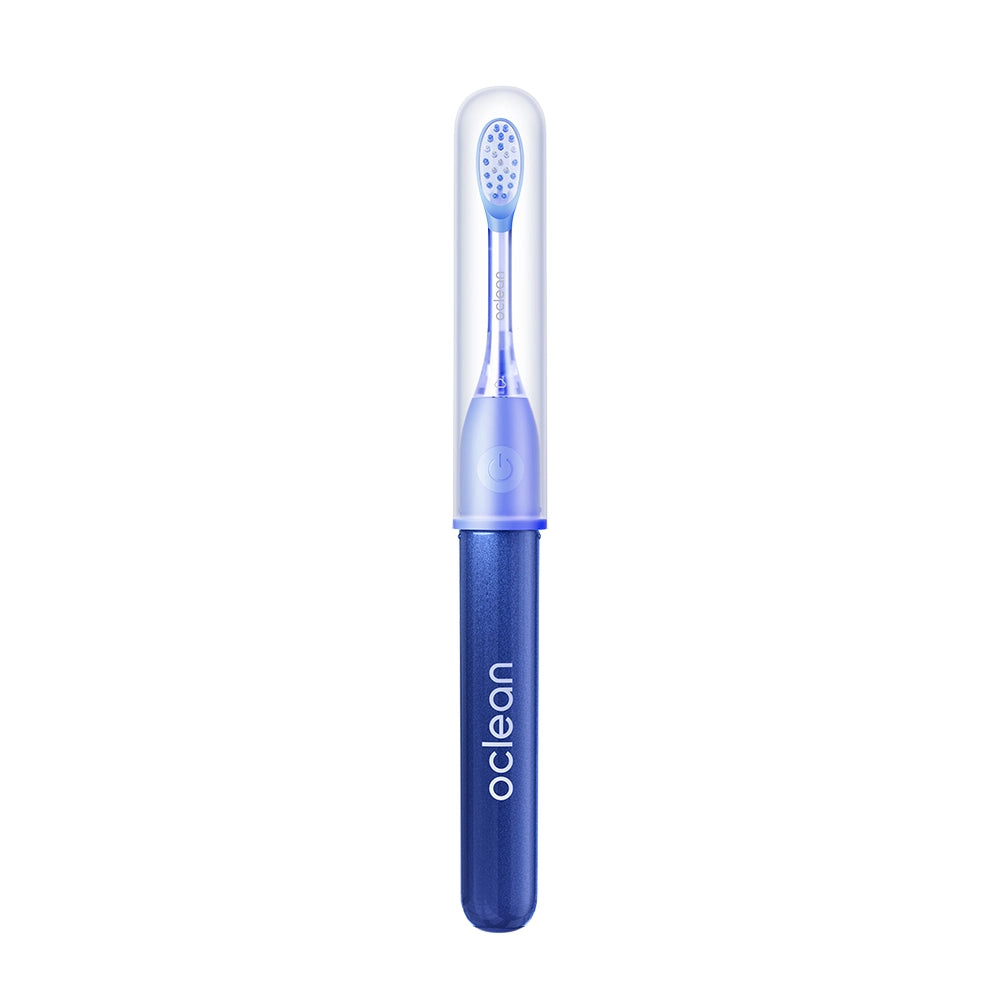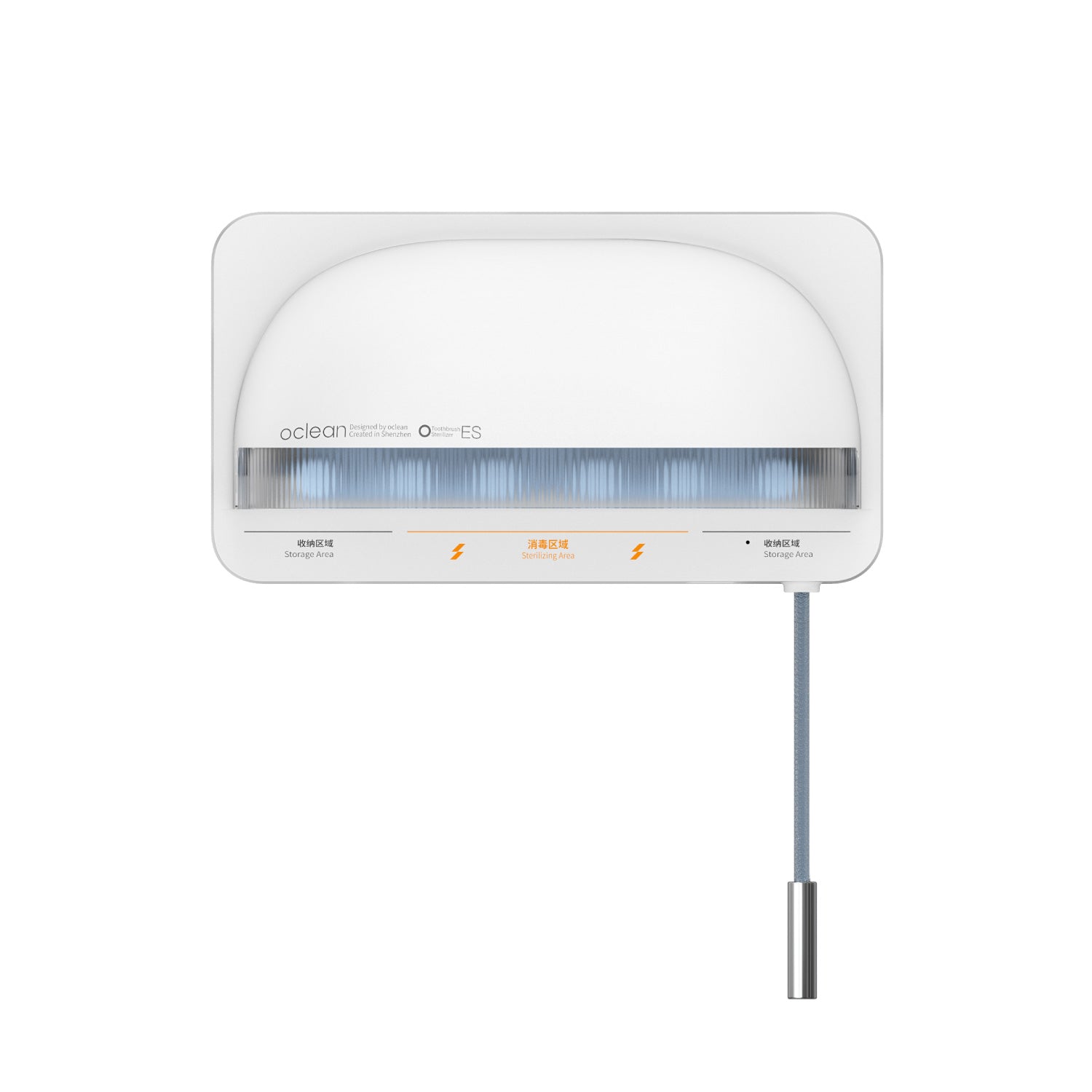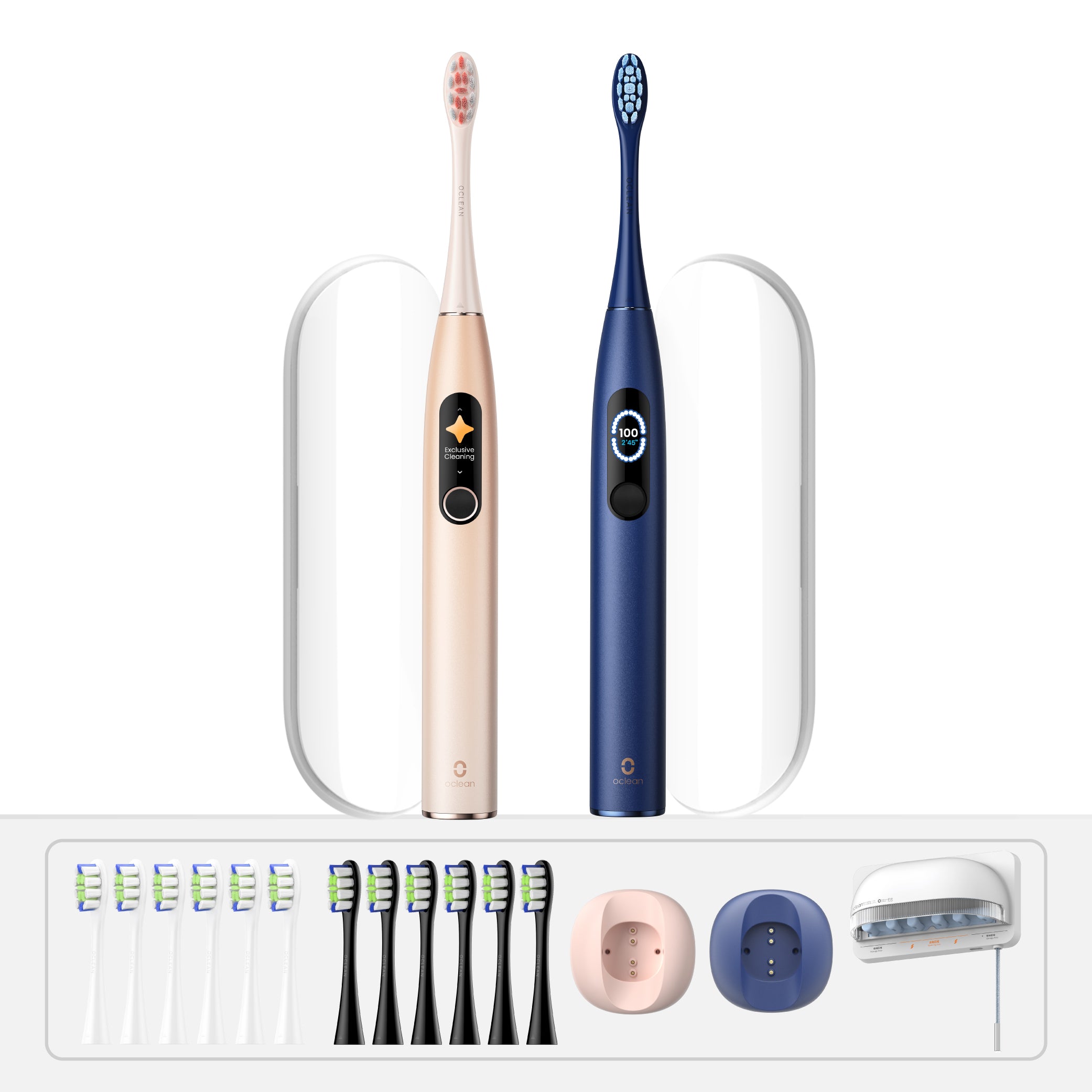Imagine this: you're in your favourite coffee shop, nervously ripping open a pack of gum, and all of a sudden, you remember you have braces. Immediate doubt creeps in—can you eat gum with braces, or will you ruin all of the work you've done?
Gum and braces don't get along, and chewing gum with braces on is filled with hazards that can mean costly repairs, damage, and even extended orthodontic treatment. It's a problem faced by many braces wearers, and it is well worth knowing precisely why gum causes the problem—and what you can do to protect your braces while still getting to enjoy some of your favourite snacks.

In this article, we are going to examine the science behind chewing gum while wearing braces, the risks, and most importantly, expert advice on how to protect your smile.
What Happens When You Chew Gum with Braces?
Chewing gum when you have braces may not seem like a bad thing, but it can wreak havoc on your dental hardware. Braces are made up of wires, brackets, and bands that are specially fitted to push your teeth into position. Chewing gum, particularly sticky gum, can lodge in these appliances and cause all sorts of issues.
Most notably, the gum will loosen or even knock off your brackets, the small squares attached to your teeth. If your bracket loosens, it can throw off your teeth alignment and may require an unscheduled visit to the orthodontist to repair it. These unexpected appointments not only take up time but can also add to the duration of your treatment.
Apart from this, the sticky nature of gum can be difficult to remove completely from the braces. Pieces of gum get trapped in between the wires and brackets, and this is the ideal location for the formation of plaque. Plaque can lead to cavities, gum disease, and even discolouration on your teeth, which is especially troublesome for someone who is wearing braces to make their smile more beautiful.
In addition to the physical damage to the braces themselves, chewing gum with braces places undue stress on the wires. Over time, this stress can bend or distort the wires, further complicating your orthodontic journey. The danger isn't necessarily about the chance of a speedy fix—it's about the longer-term dangers that could result in more visits to your orthodontist, more time spent in treatment, and a longer road to the smile you're striving for.
Different Types of Gum and Their Impact on Braces
Not all gum is created equal for use with braces, and it's worth understanding how different types of gum could impact your treatment. On the surface, chewing any gum seems the same, but actually, the type of gum you chew can make a significant difference in the life of your braces.
Regular Gum
Sugar-containing gum is one of the worst types for people who have braces. The sugar in regular gum can stick to your braces and increase your chances of having plaque buildup, which can lead to cavities and gum disease.
How to Fight Cavities: Learn about nutrients that can help reduce plaque buildup.
Sugar in your braces, if not removed, can be a continuous source of food for bacteria that lead to tooth decay. Sticky sugar-containing gums are also much more likely to stick to your wires and brackets and be even harder to clean.
Sugar-Free Gum
Sugar-free gum is safer, but it is not absolutely risk-free. Sugar-free gum has artificial sweeteners like xylitol, which are less likely to lead to cavities. Even so, it can get caught up in your braces and pose the same hazard of plaque buildup and damaging your wires or brackets.
Sugar-free gum decreases the risk of tooth decay, but it is still a mechanical hazard to your braces, as it can easily become stuck in small crevices.
Sticky Gum
The worst for braces are sticky gums like caramel, taffy, or filled gum. They are notorious for sticking to the brackets and wires, creating massive damage.
They are also harder to remove and will make a larger mess in your braces, leaving more space for gum inflammation and cavities. If you are a person who loves a chewy snack, you're better off staying away from these altogether.
Non-Sticky Gum
There are some gums that are less sticky, and those may be a better option for individuals who wear braces. Even non-sticky gums, however, can be bad for you if you chew them too often or if they get stuck in the tiny crevices of your braces. It should be mentioned that although non-sticky gums are not as bad as the others, they are not harmless either.
The Risks of Chewing Gum with Braces
Even though chewing gum seems to be a harmless task, the risks associated with it, especially for those who wear braces, are quite real. One of the primary reasons is the risk of causing damage to the braces themselves. The wires, brackets, and bands that make up your braces are precisely fitted to move your teeth slowly. When you chew gum, especially sticky gum, the pressure that the gum places on the braces can cause them to shift or become misaligned.
Braces Damage
The most self-evident danger of chewing gum while wearing braces is the risk of loosening or displacing your brackets. A bracket is literally glued onto your teeth, and chewing gum has the potential to exert enough force to displace the bond, causing the bracket to come off.
If you experience this, you will have to see your orthodontist to get it re-glued, and depending on how severe the incident is, it can result in delays in treatment.
Besides, sticky gum can adhere to the wires and brackets, making it hard to clean up. When the gum adheres to the hardware, it tugs on the brackets, bending or breaking them. The damage accumulates, and you'll need repairs that will keep you longer in braces.
Oral Health Issues
Another serious concern is the impact on oral health. Trapped gum within your braces can lead to plaque, which is a breeding ground for bad bacteria. This leaves you vulnerable to cavities, gum disease, and demineralization of the enamel, which can lead to white spots on your teeth.
It is especially problematic for individuals wearing braces because it is harder to remove the trapped gum from the small spaces between brackets and wires.
Longer Treatment Duration
If gum injury to your braces delays or complicates procedures, it will extend the treatment time overall. That means that you can sit in braces for additional months, allowing your teeth to shift into the proper places. For the majority of people who have braces, such a wait can be frustrating, but it could have been avoided if they stayed away from gum.
Lastly, chewing gum with braces is a risk that can cause immediate and long-term complications. It's safer to err on the side of caution and not chew gum at all to keep your braces and your treatment on track.
How to Avoid Gum-Related Damage with Braces?
If you are a gum lover who just so happens to wear braces, there are a few things you can do to minimize the risks without going cold turkey. It should be said that chewing gum while wearing braces is always a risk. That being said, here are two things you could do to avoid gum damage:
Opt for Sugar-Free Gum
Although not entirely risk-free, sugar-free gum is a less risky choice than regular gum since it removes the risk of tooth decay due to sugar. Even sugar-free gum is not ideal, though, so it should be chewed only in moderation.
Restrict Gum Chewing
If you have to chew gum, restrict how often and for how long. The longer the gum is chewed, the greater the possibility that gum can get stuck between your braces or put too much pressure on your wires. When you chew gum occasionally for a short time, the risk is much lower.
Select Softer Gum
Softer, less sticky gums are most suitable for people with braces. The softer gums will not stick as much to your braces and will be simpler to remove if they stick by mistake. Select gums that are not filled with fillings or extremely sticky materials.
Practice Good Oral Hygiene
Once you have spat out chewing gum, brush and floss your teeth thoroughly. Use instruments like floss threaders or an interdental brush to dislodge any gum stuck in the gaps of your braces. Daily brushing will ensure that plaque and cavities are not formed.
While these precautions will reduce the risks, remember that there is no such thing as totally safe gum chewing with braces. The best advice is to steer clear of gum altogether and watch out for the well-being of your braces.
Expert Opinion: Is It Worth the Risk?
When orthodontic treatment is involved, professional advice tends to err on the side of caution, particularly when it involves activities that might compromise your braces. The majority of orthodontists will recommend against chewing gum with braces, as it presents a number of risks, ranging from bracket damage to long-term oral health problems.
Orthodontists further state that braces are costly and fragile. They are tightened gradually in the process of shifting your teeth to their optimal positions. Any break in this process, either because of a loose bracket or twisted wire due to gum, can lead to delays in your treatment. These delays will lengthen the duration you will have to wear the braces, i.e., it will take a longer time for you to get the desired outcome.
Furthermore, orthodontists recommend that chewing gum with braces makes it more difficult to maintain a clean mouth. Gum will fill up the tiniest spaces between your wires and brackets, creating an ideal breeding ground for plaque and bacteria. These issues can cause cavities, gum disease, and permanent discolouration of your teeth, all of which are difficult to correct later.
Is it worth it, then? Absolutely not.
The majority of orthodontists recommend keeping alternatives, i.e., chewing gum only when needed or not chewing gum at all. If you need to chew, always chew non-sticky, sugarless gum and never forget to brush and floss afterwards.
Dental Hygiene With Braces
Braces are great for correcting teeth, but they have issues of their own, especially oral hygiene. Braces create many tiny gaps between your teeth, brackets, and wires, which are quick to catch food and plaque. If not cleaned with proper care, the gaps can turn into bacterial breeding grounds that can cause cavities, gum disease, and other oral problems.
Brushing and Flossing
Brushing teeth with braces is more crucial than ever. Orthodontists advise brushing your teeth at least twice daily, using a soft-bristled toothbrush to carefully brush around wires and brackets. To brush between your teeth and braces, use an orthodontic toothbrush or a small interdental brush. Special brushes, such as sonic toothbrushes, enable you to brush the crevices where food and plaque lie. Finally, flossing is a crucial step. Floss threaders can enable you to brush between teeth and beneath the wires, avoiding the buildup of plaque and keeping gums healthy.
Mouthwash and Rinsing
Mouthwash is another good option for oral care while you have braces. A fluoride mouthwash will help prevent cavity formation and lower the chance of gum disease. It is a good idea to rinse with mouthwash after a meal or snack if you are unable to brush your teeth at the moment. This will destroy bacteria and leave your mouth feeling clean.
Using a Water Flosser
A water flosser is one of the best devices for people who have braces. A water flosser uses a pulsating water stream to floss between your teeth and around your brackets to remove food particles and plaque more efficiently than regular floss. It is particularly helpful for people who have braces because it can reach areas that regular floss cannot. If you are looking for a device to help with your braces care, a water flosser is a great investment.
The Bottom Line
As much as it's nice to chew gum, it just isn't worth it. When you do eat gum with braces, it will ruin your brackets and wires as well as interrupt your entire treatment process.

You can change the game by investing in a water flosser, which will keep your teeth and braces in top condition. The Oclean AirPump A10 Water Flosser is a solid and reliable device designed to use a jet of water to remove food particles and plaque between your teeth and from around your braces.
It makes your oral care routine complete and effective. By utilizing a water flosser, not only will you keep your braces safe from gum damage but also ensure a cleaner, healthier mouth, making your path to a perfect smile.
Table of Contents
